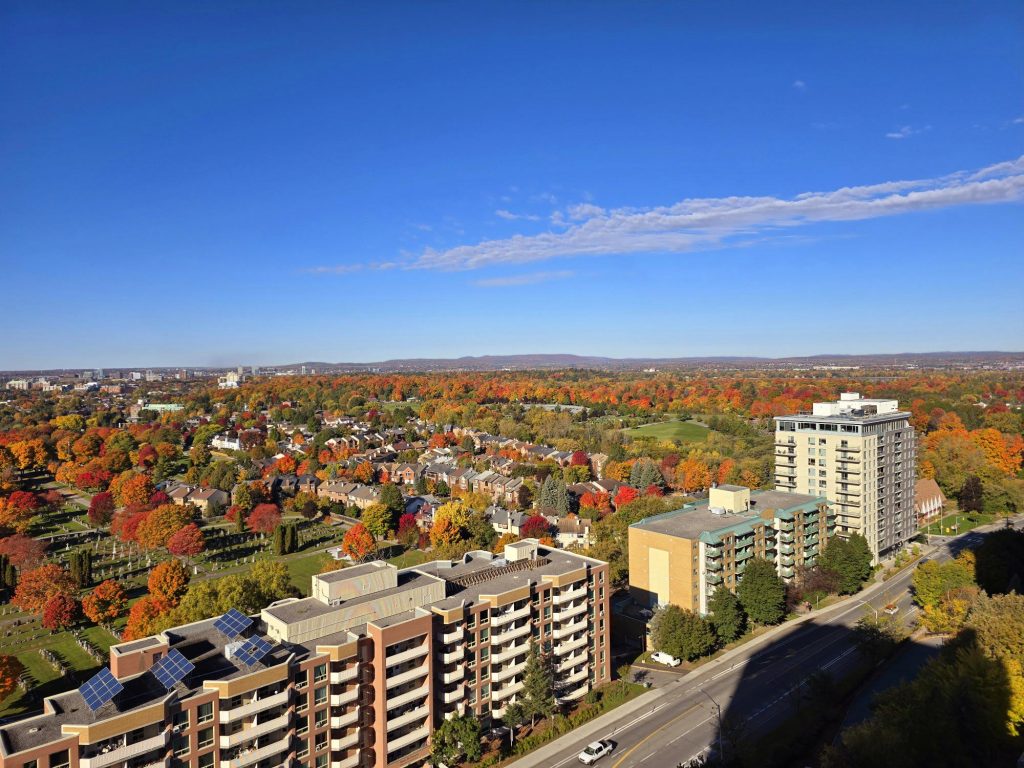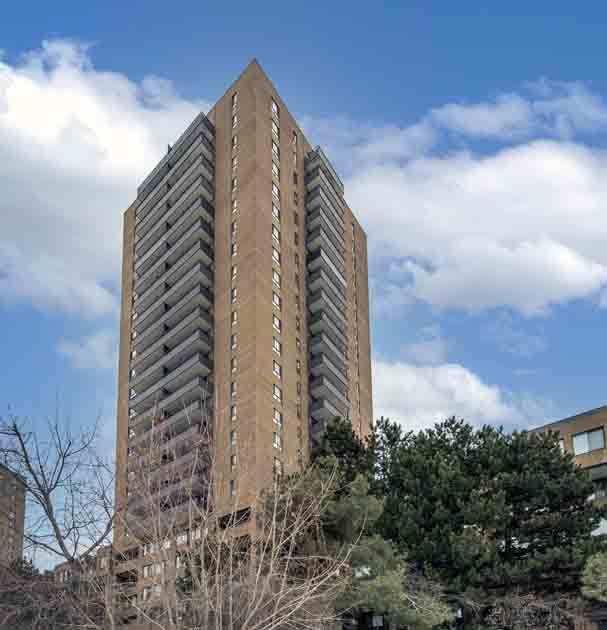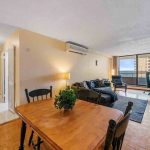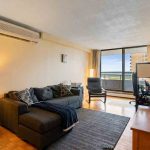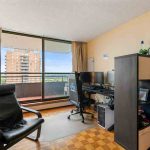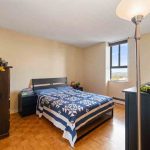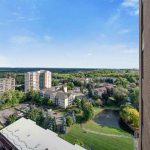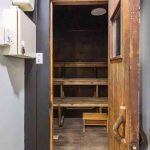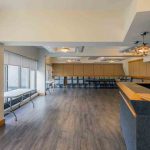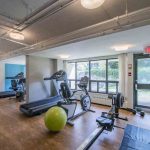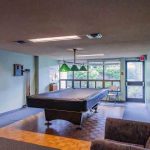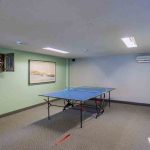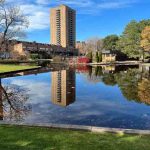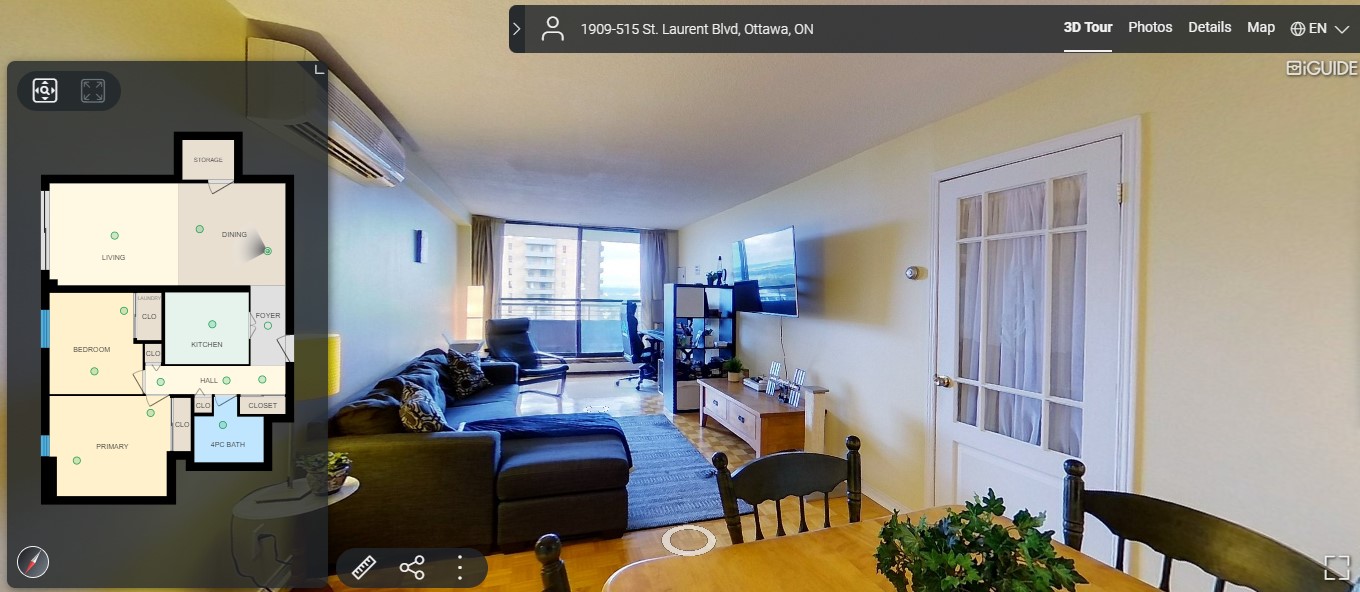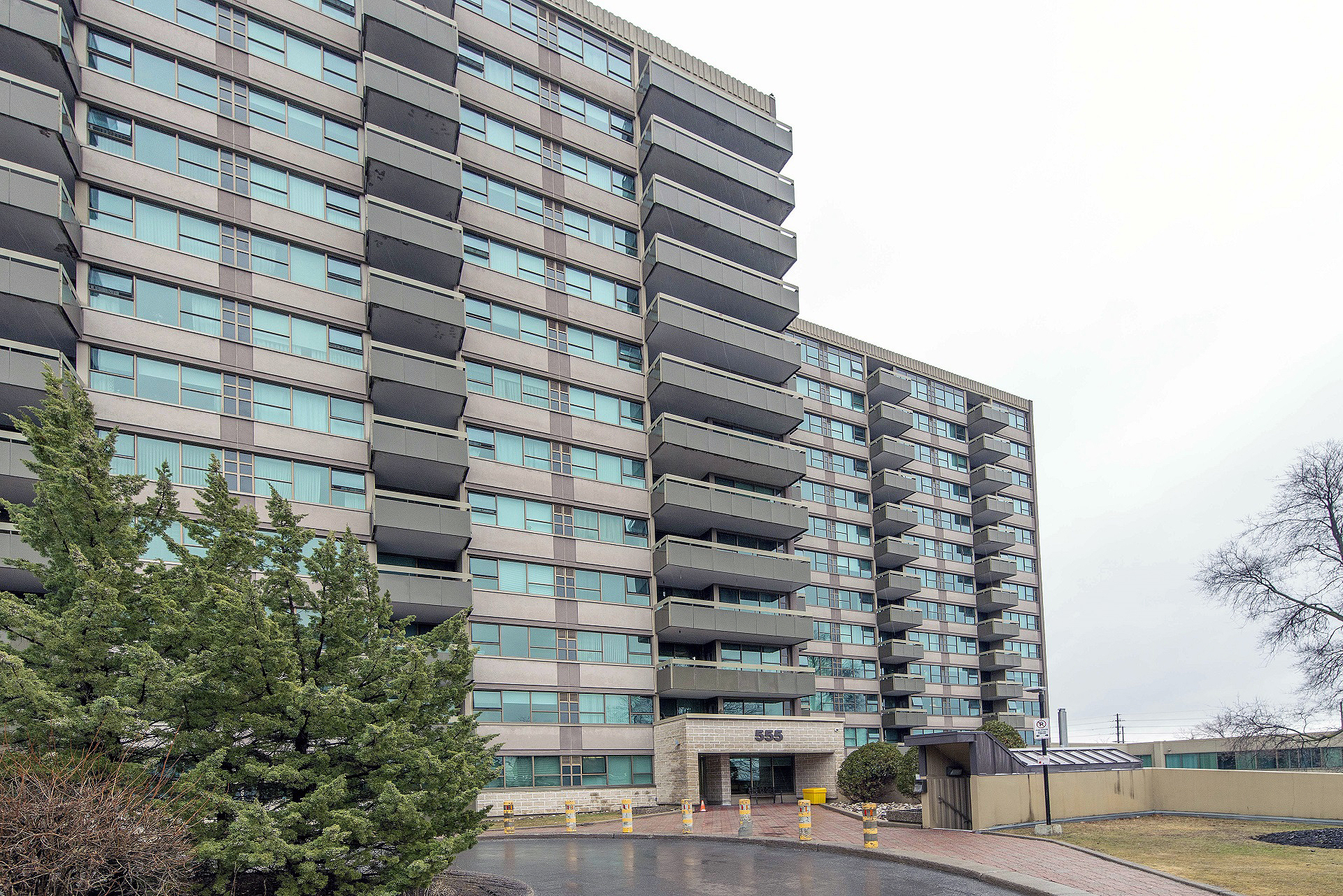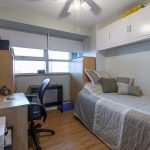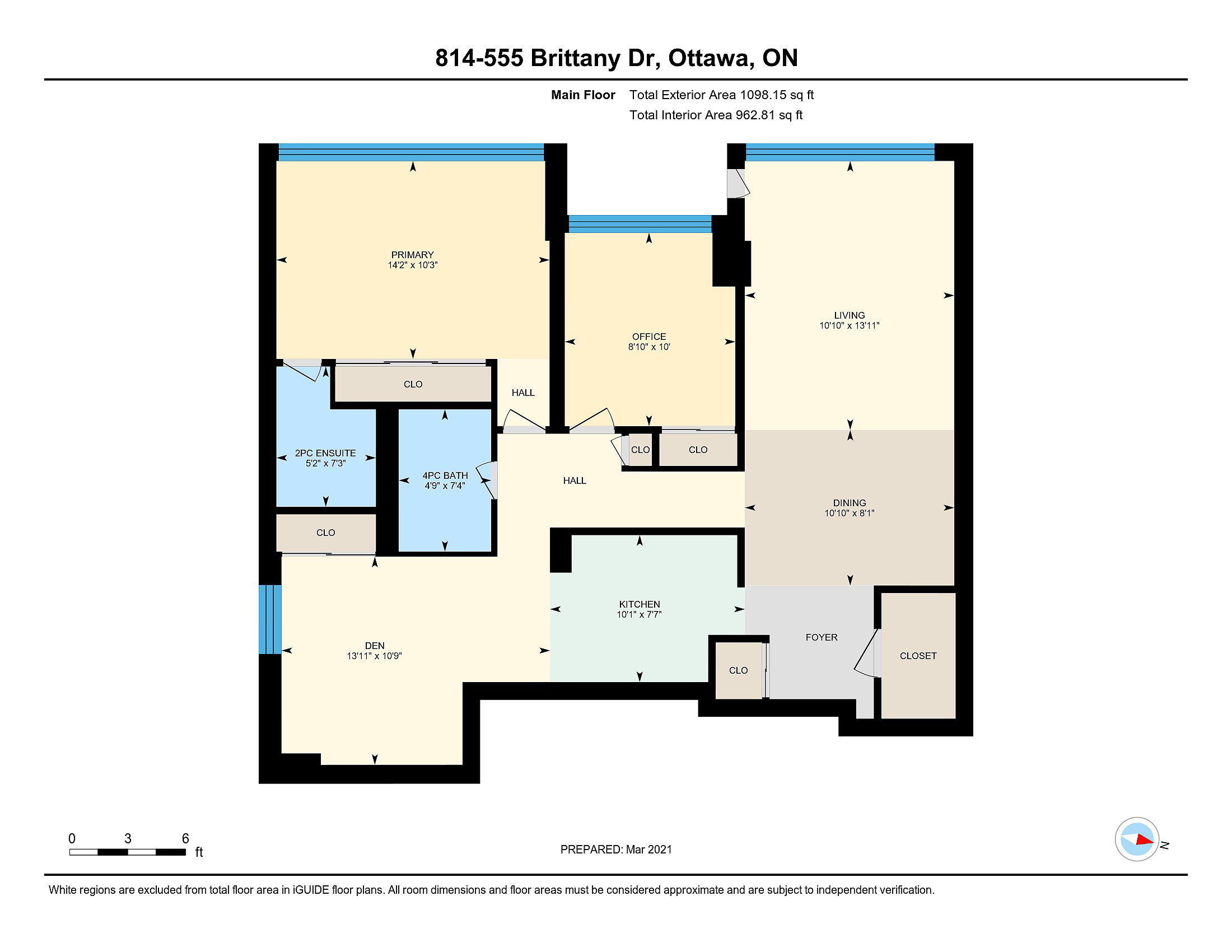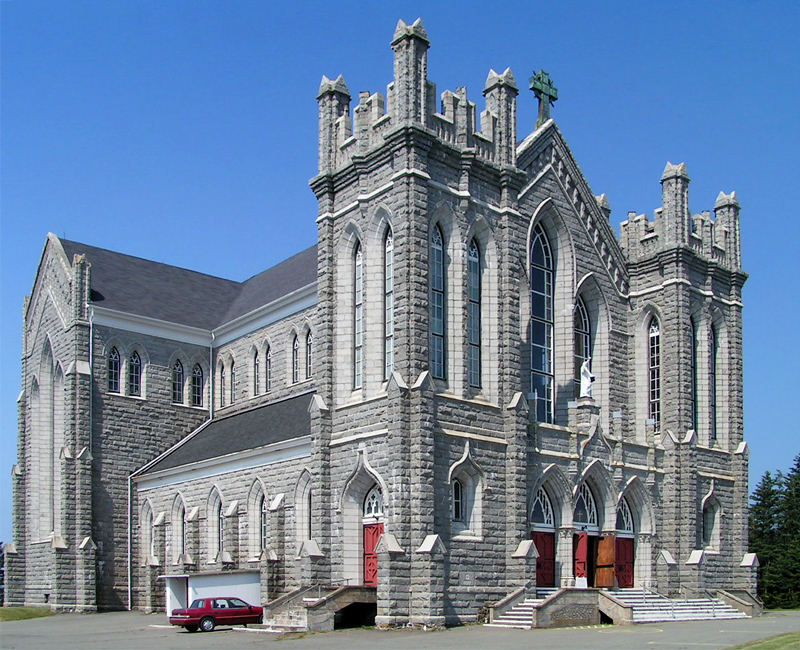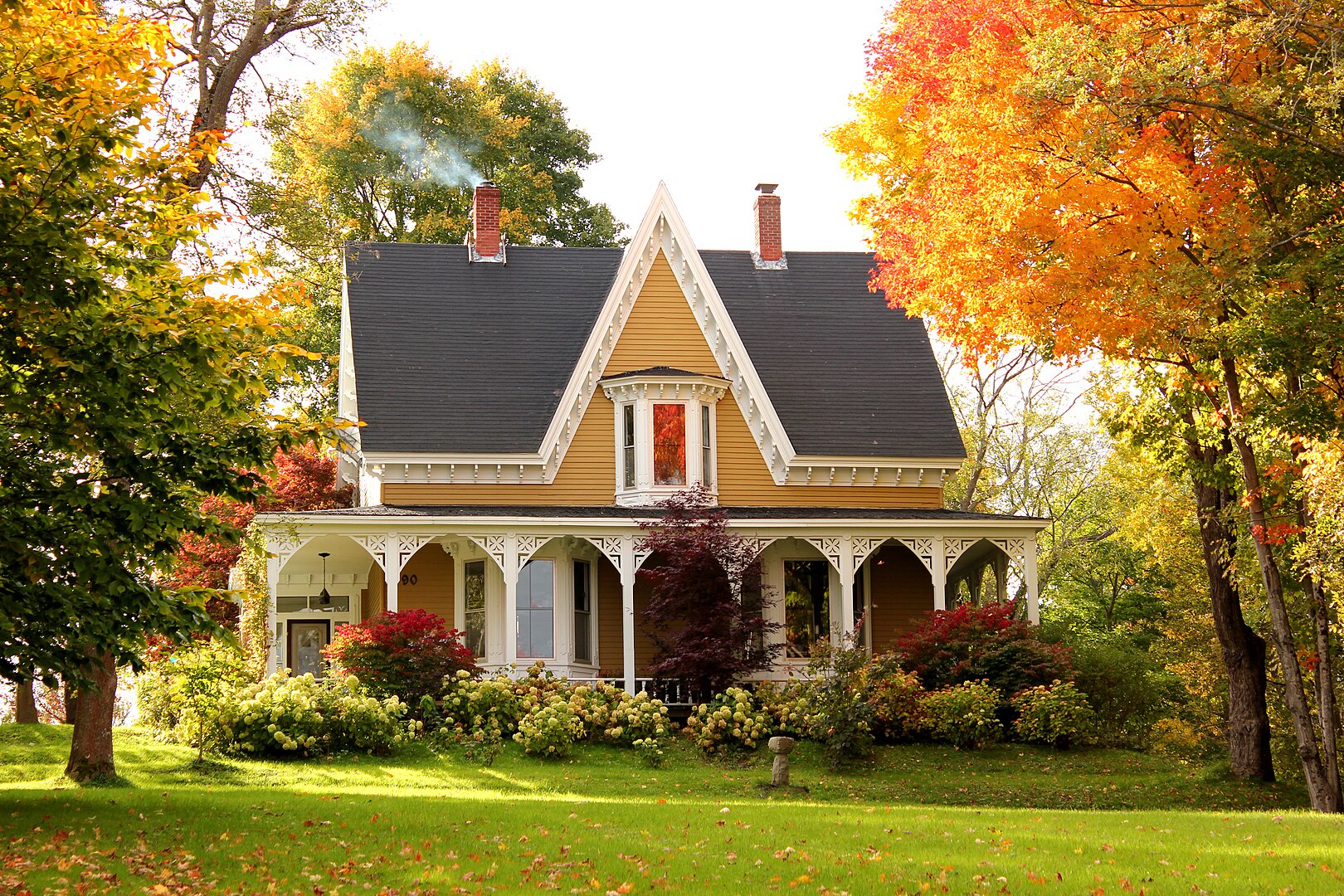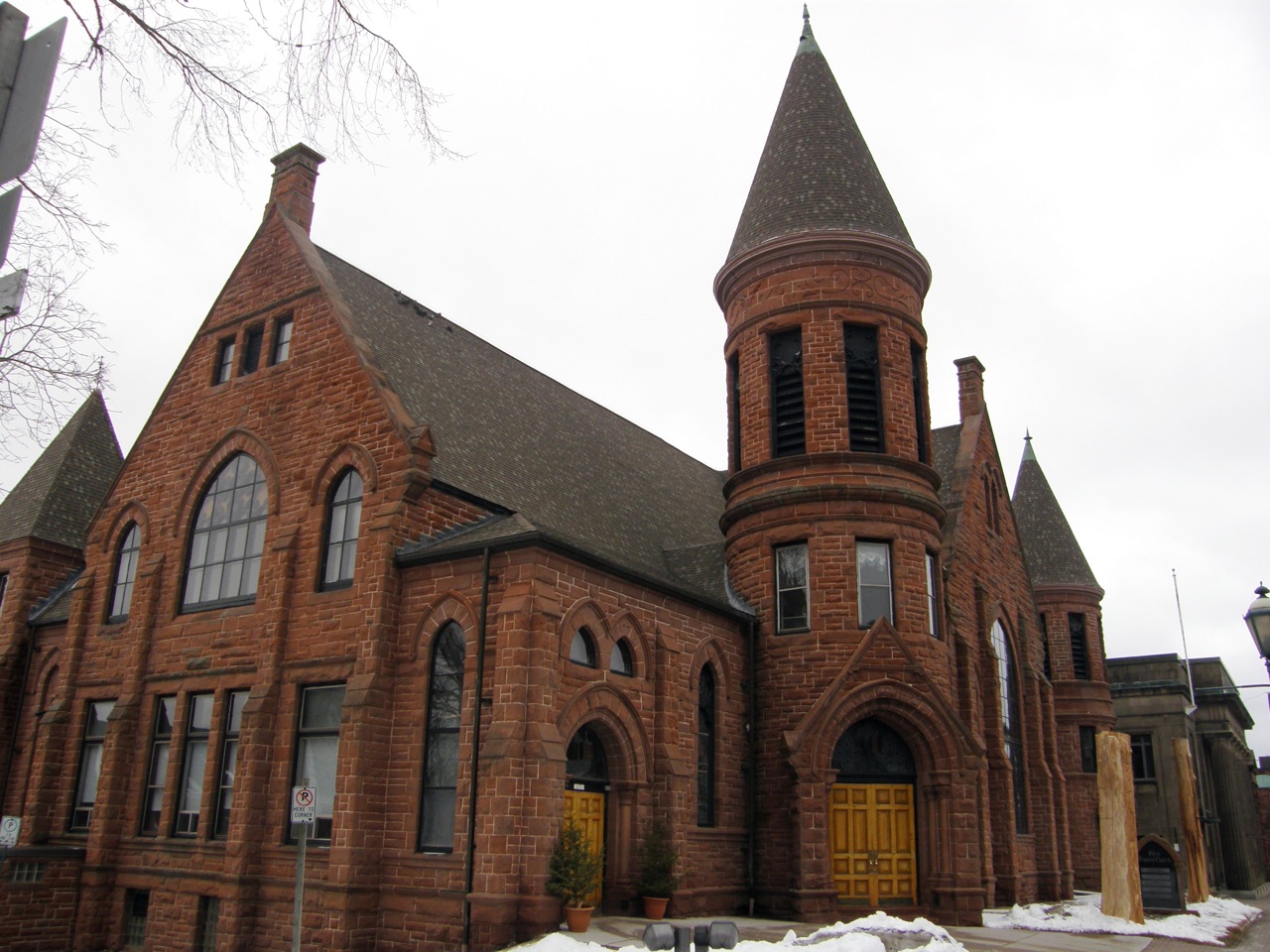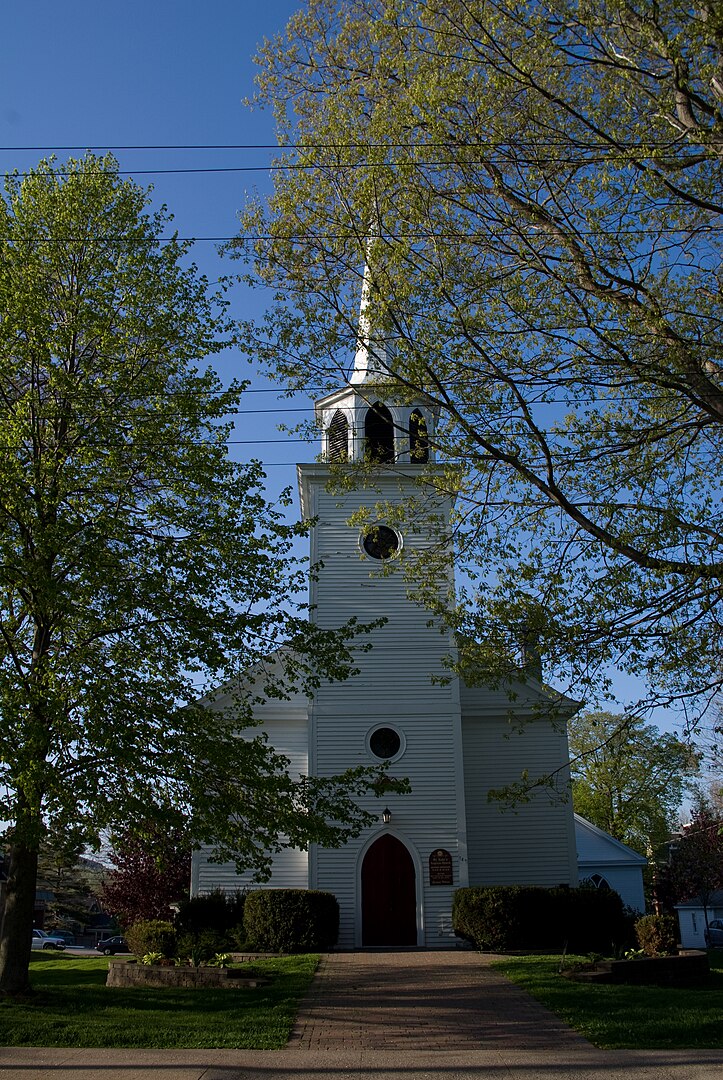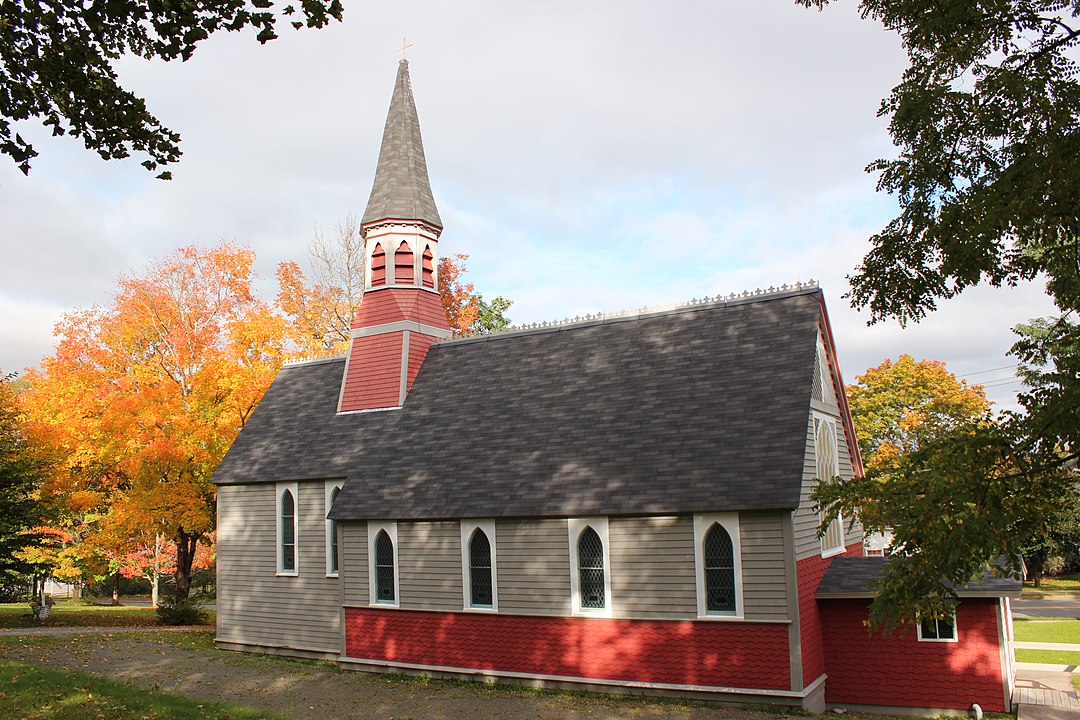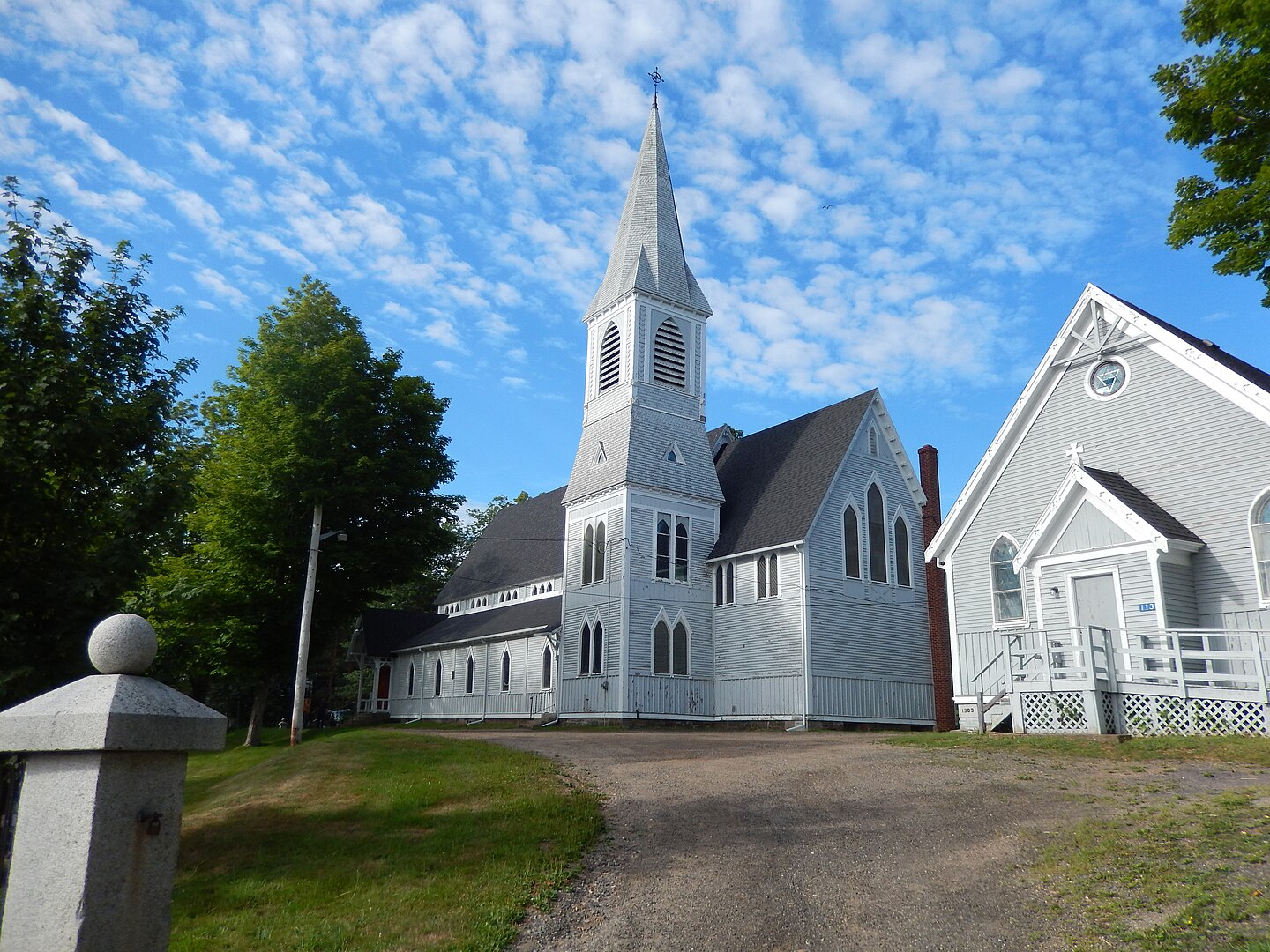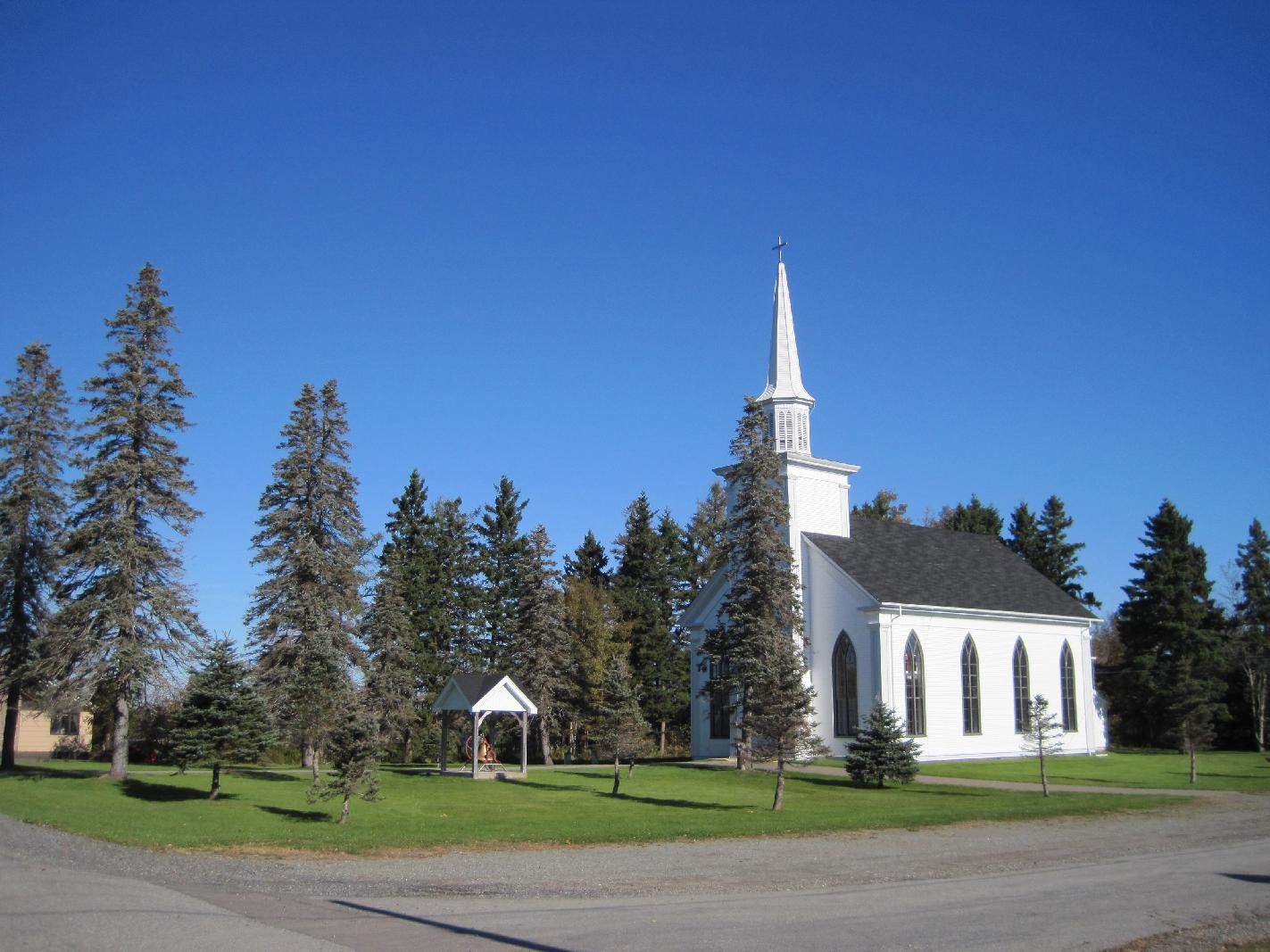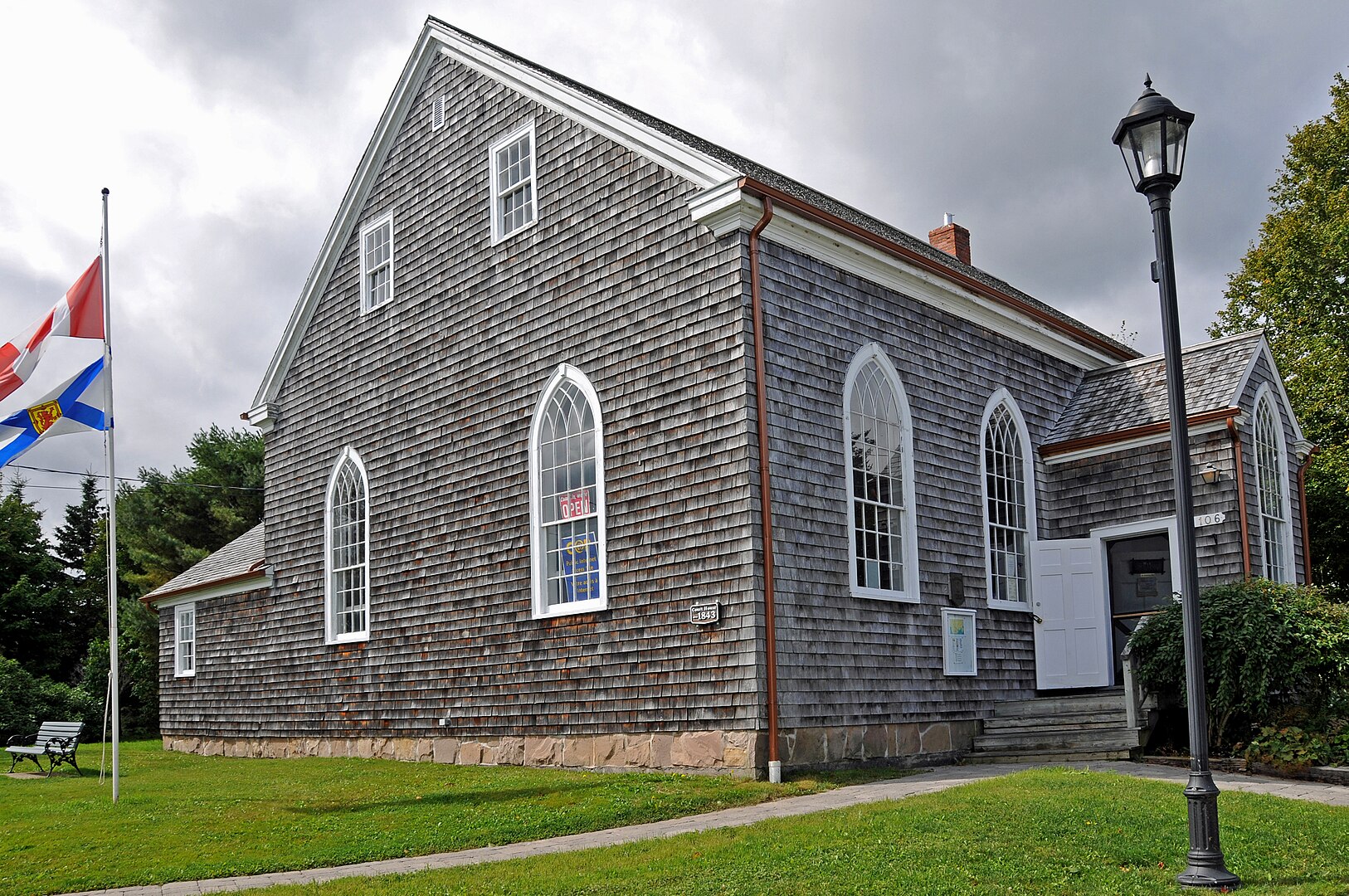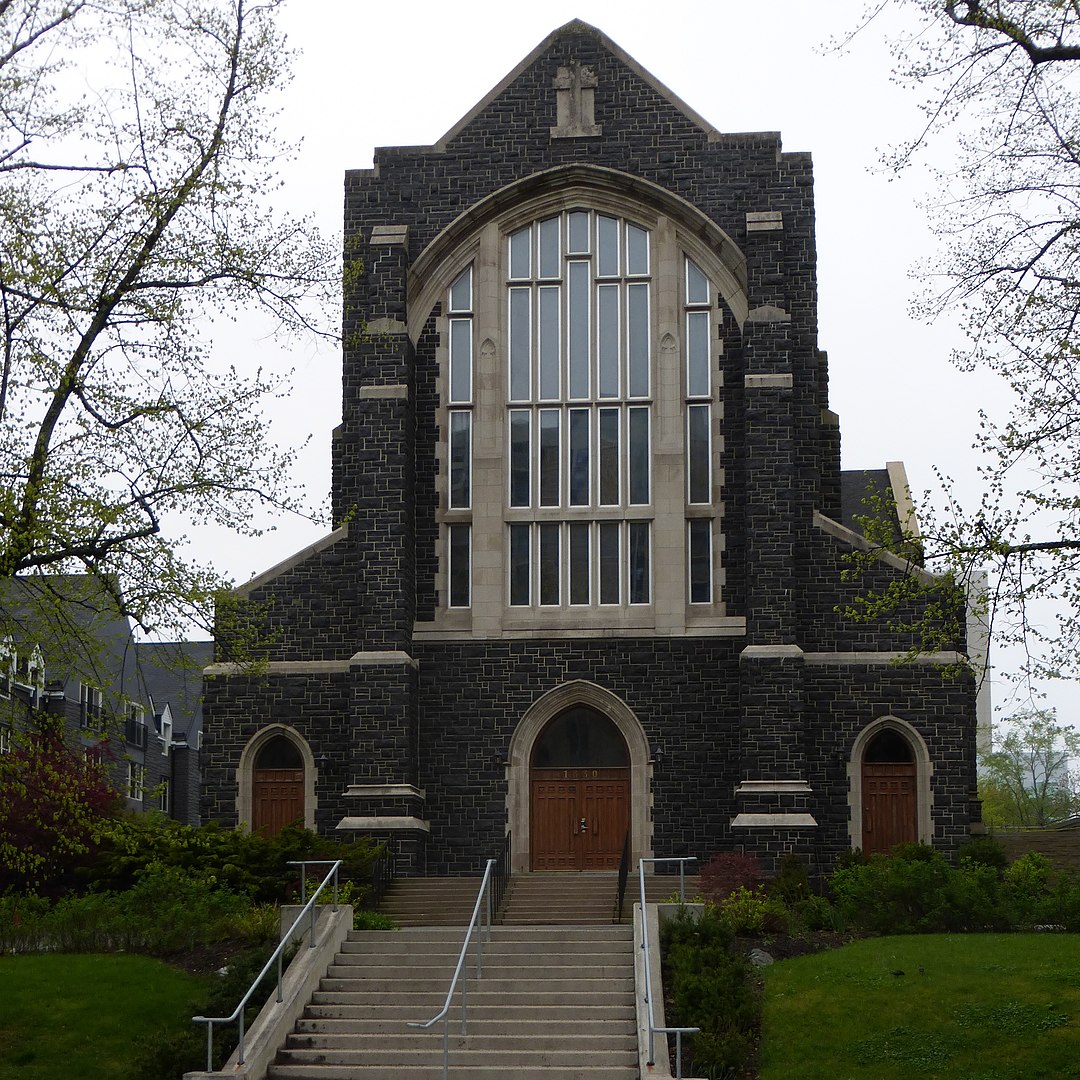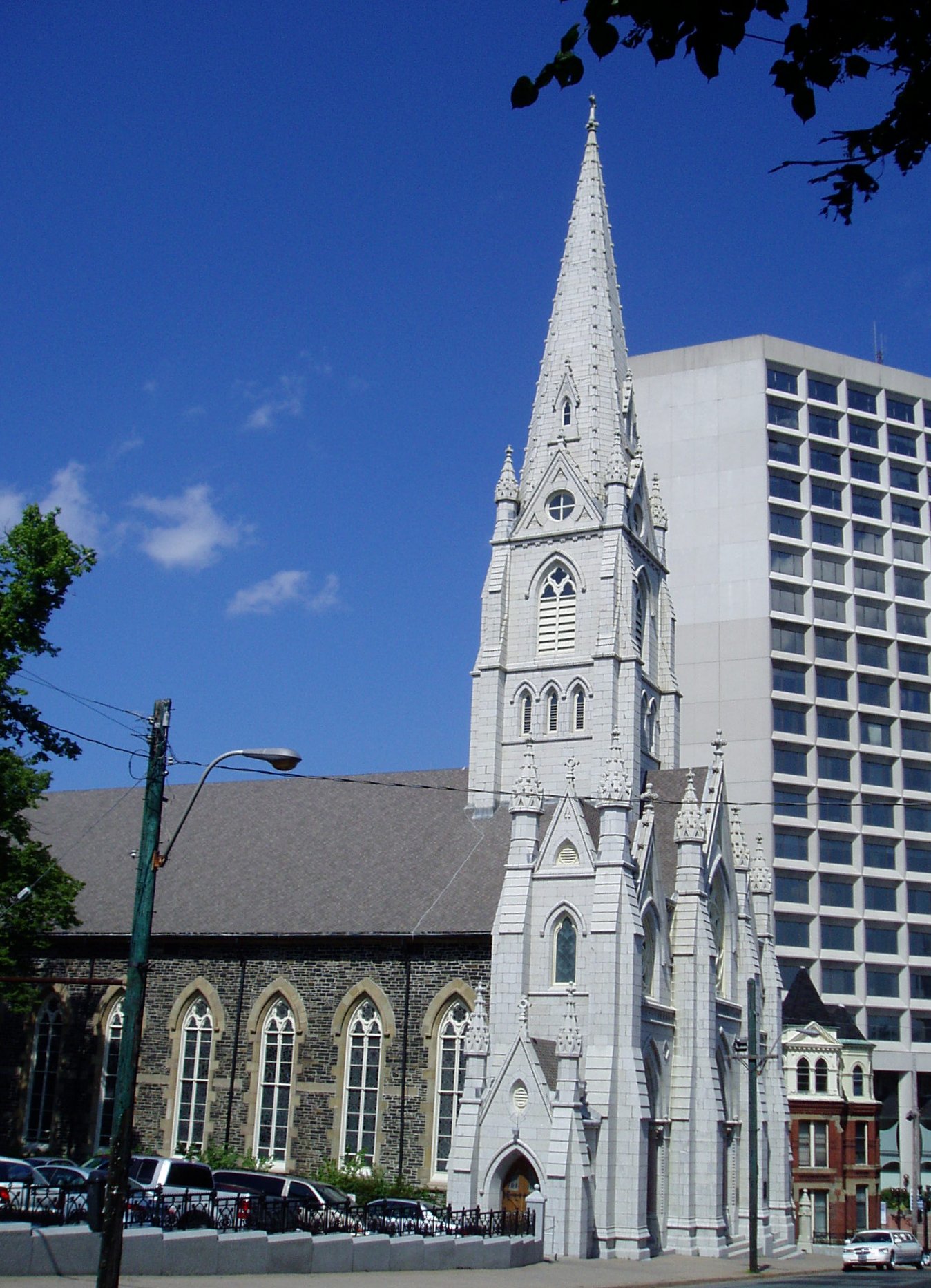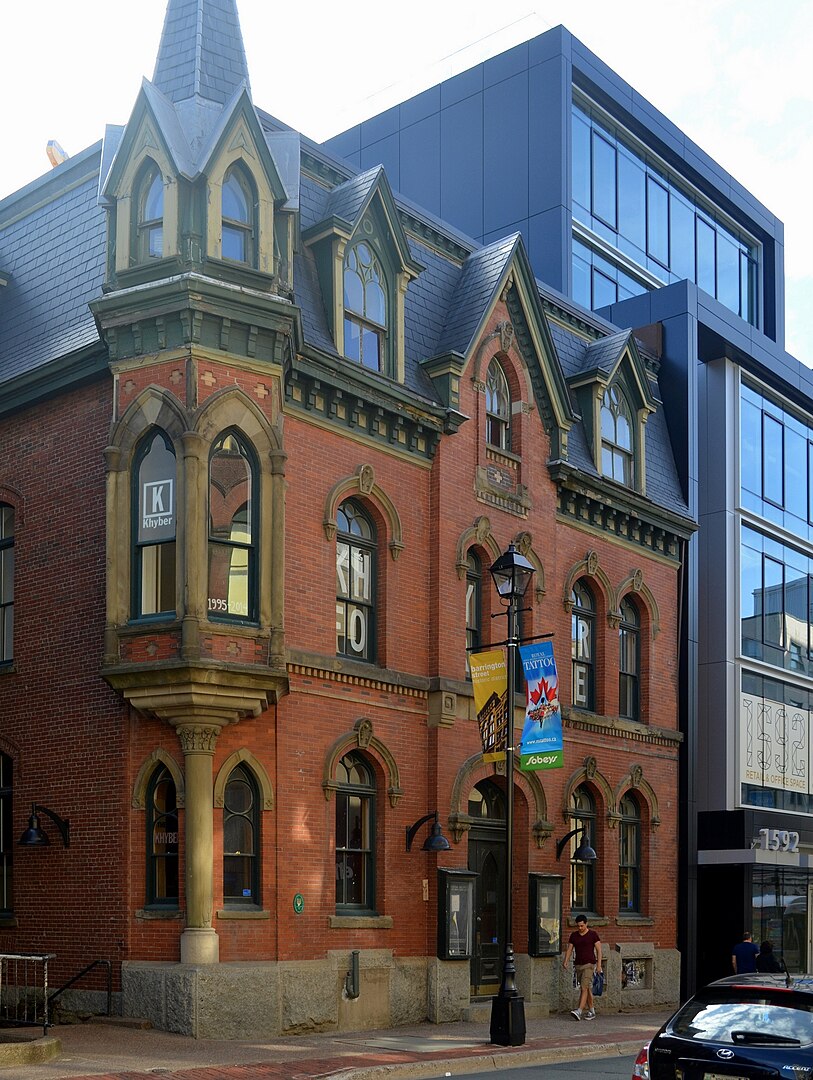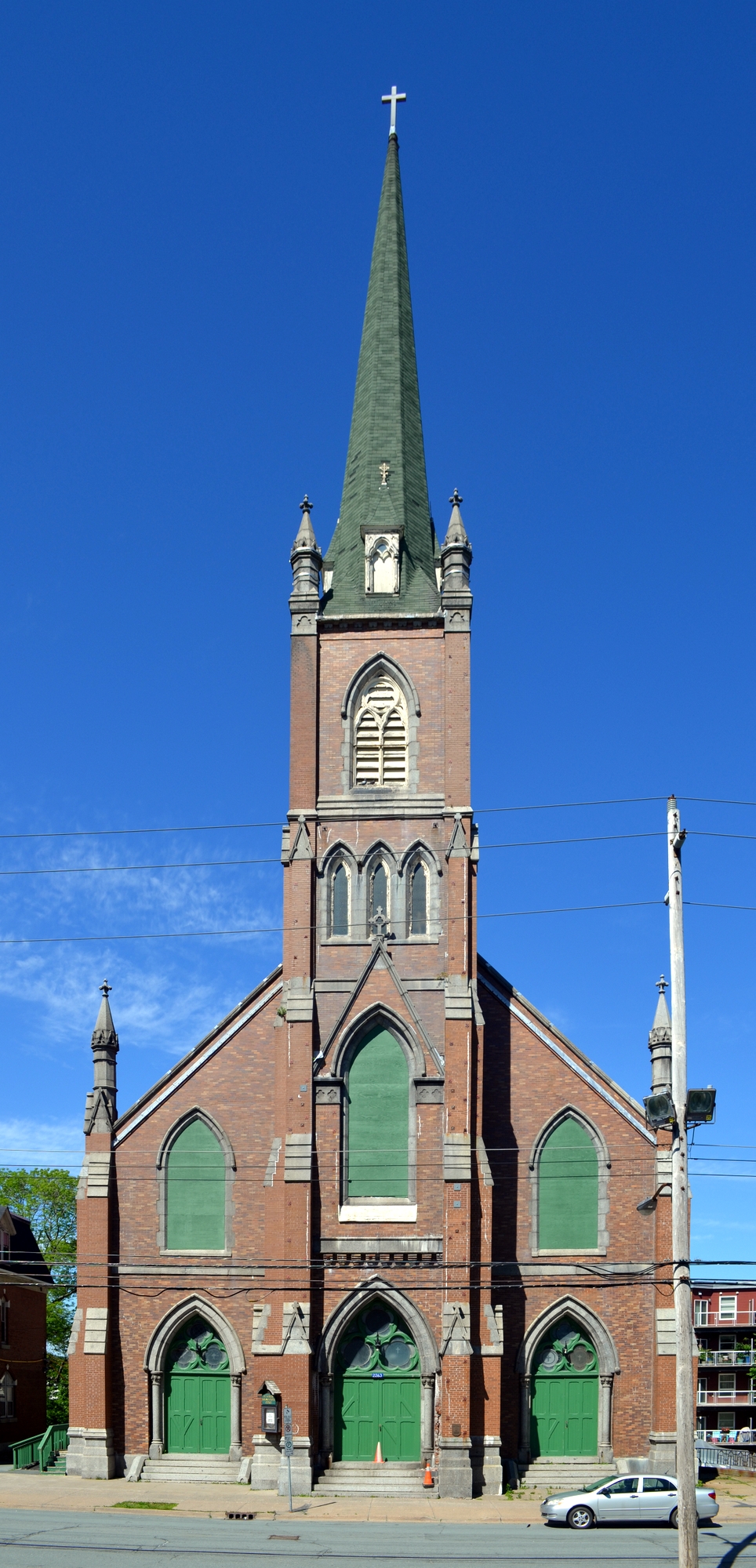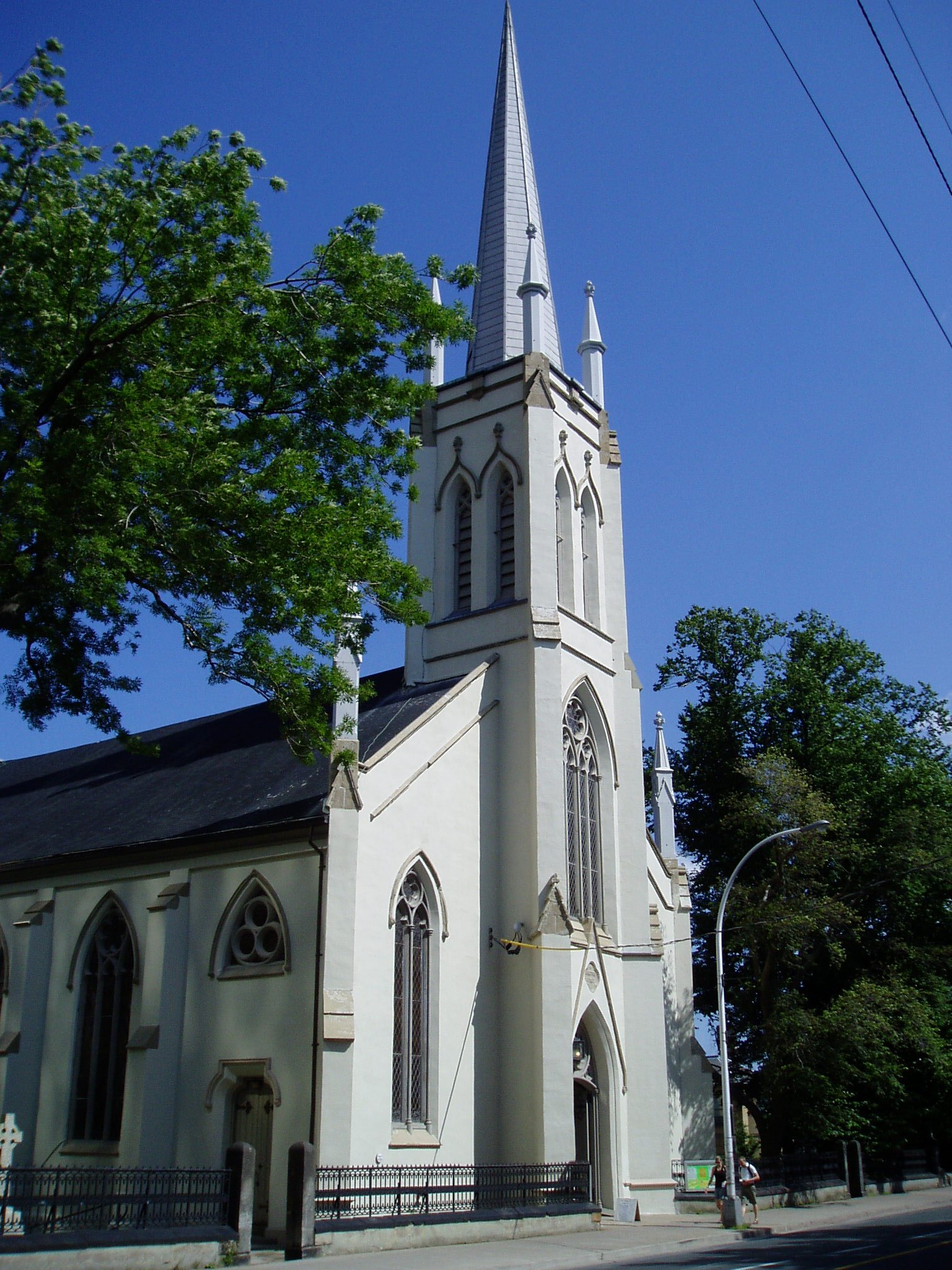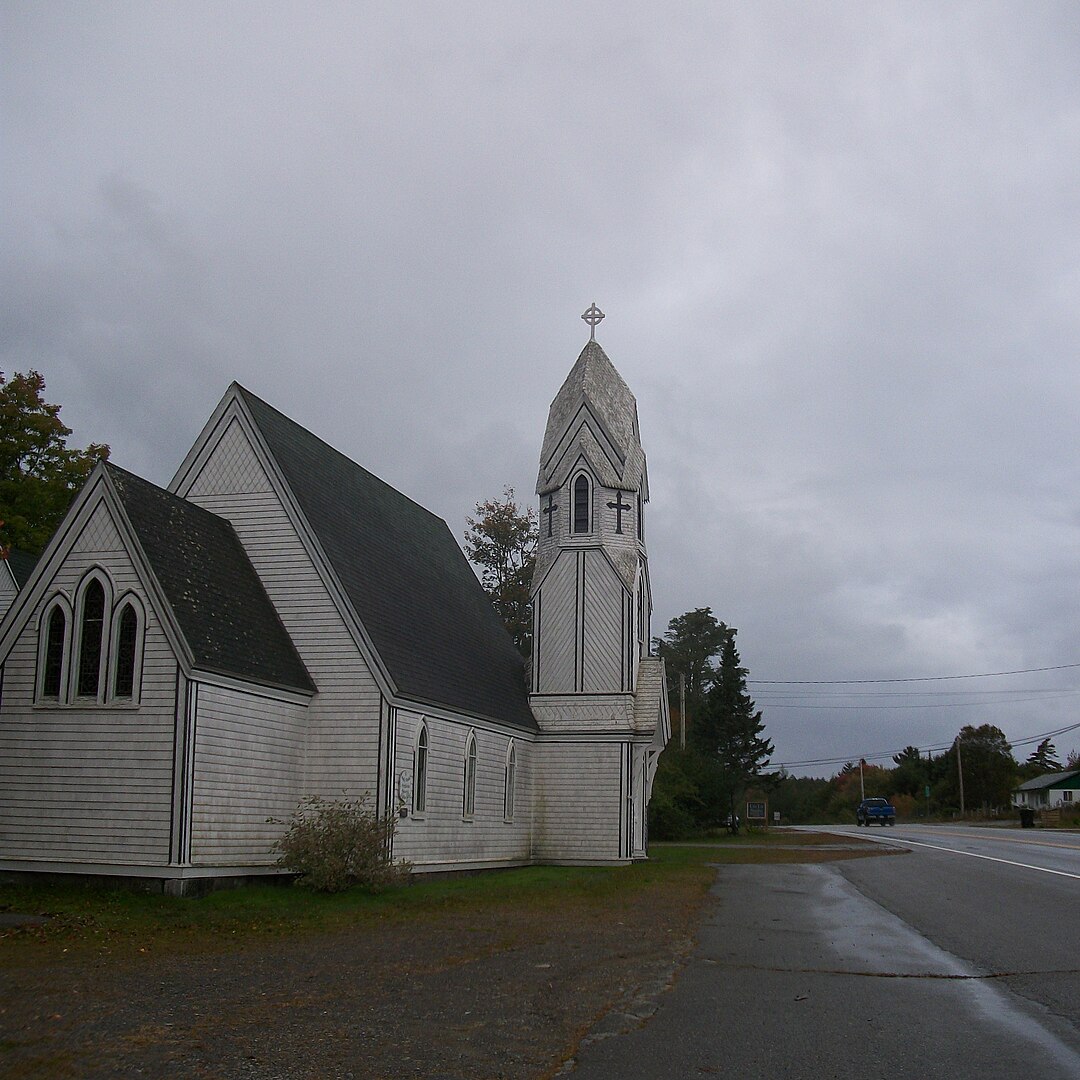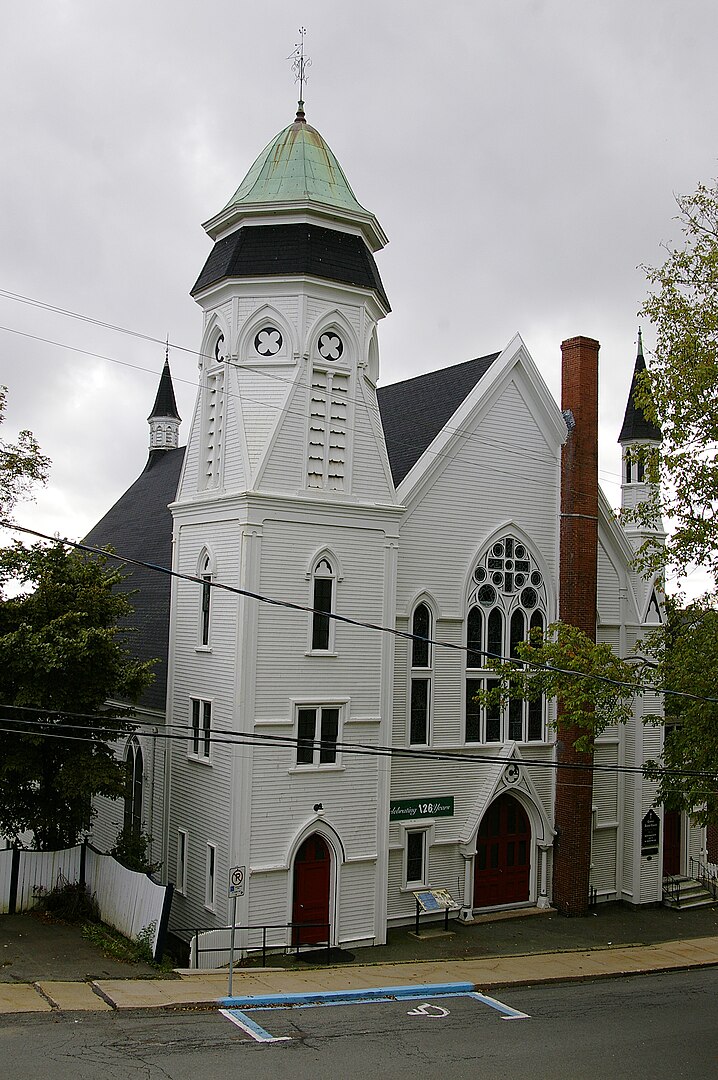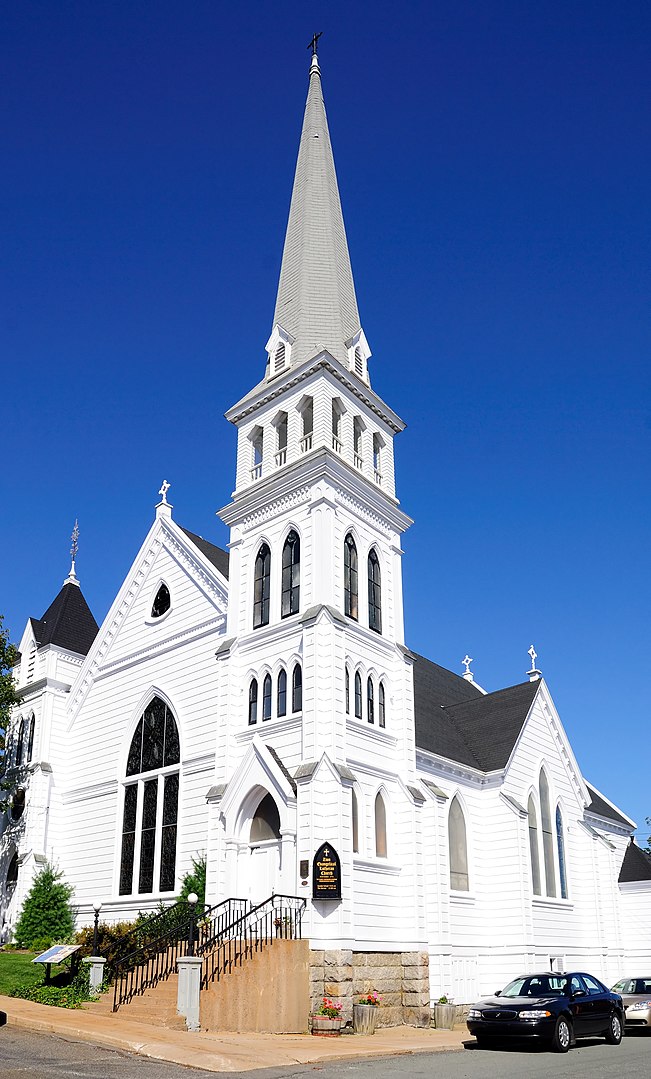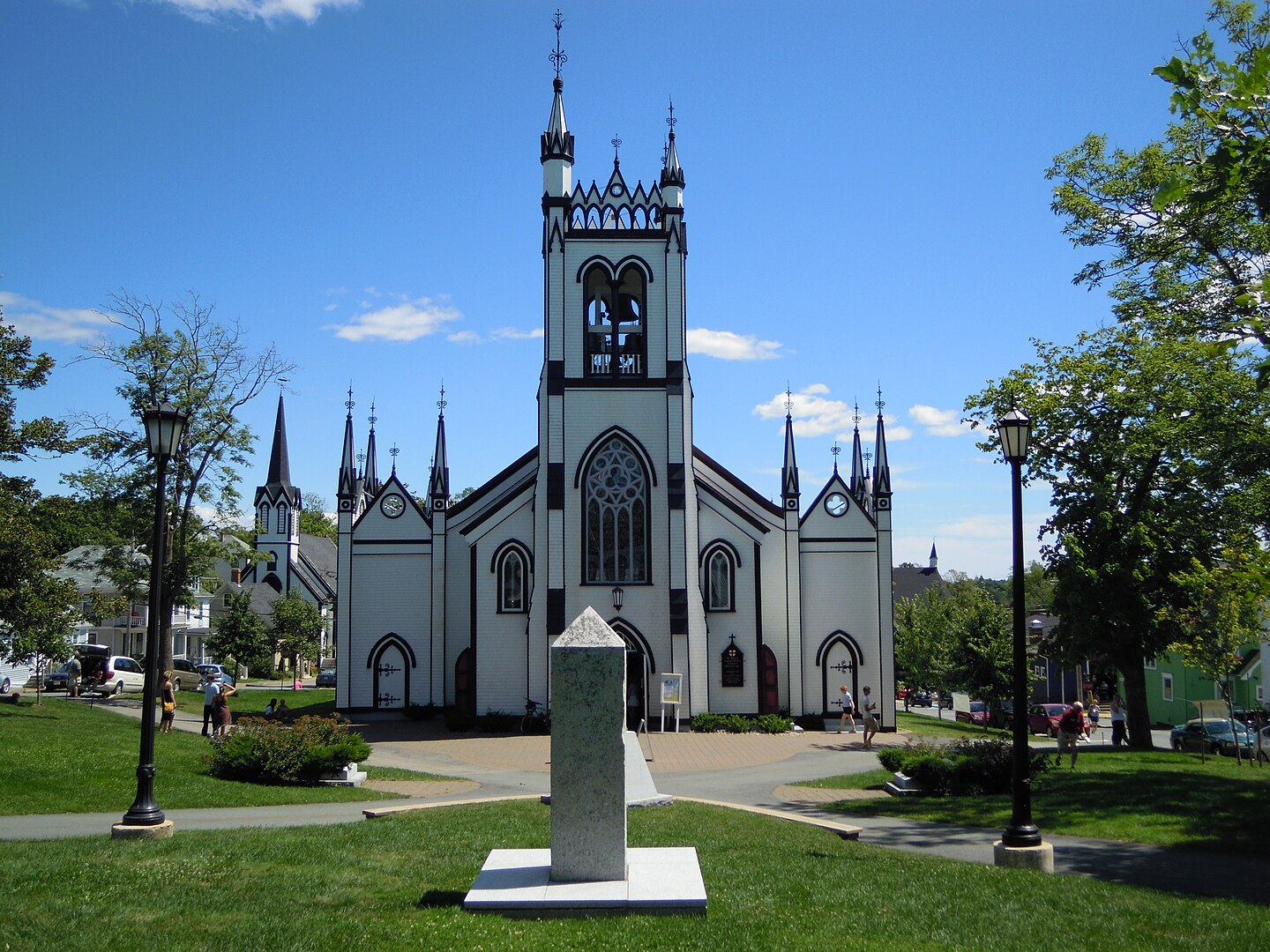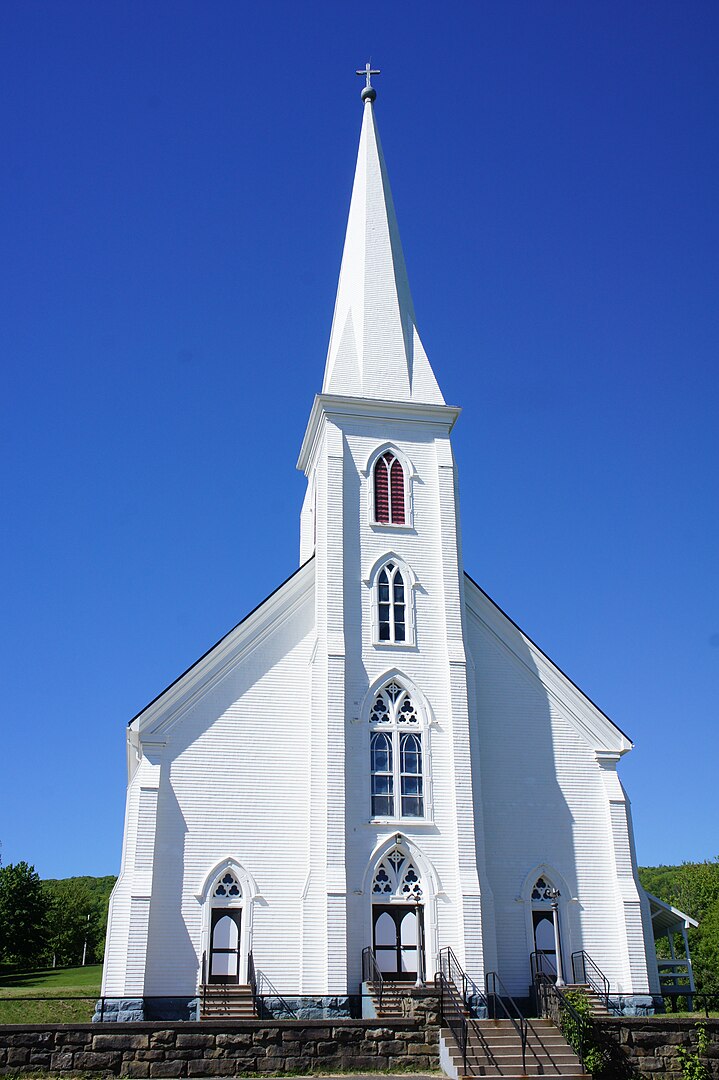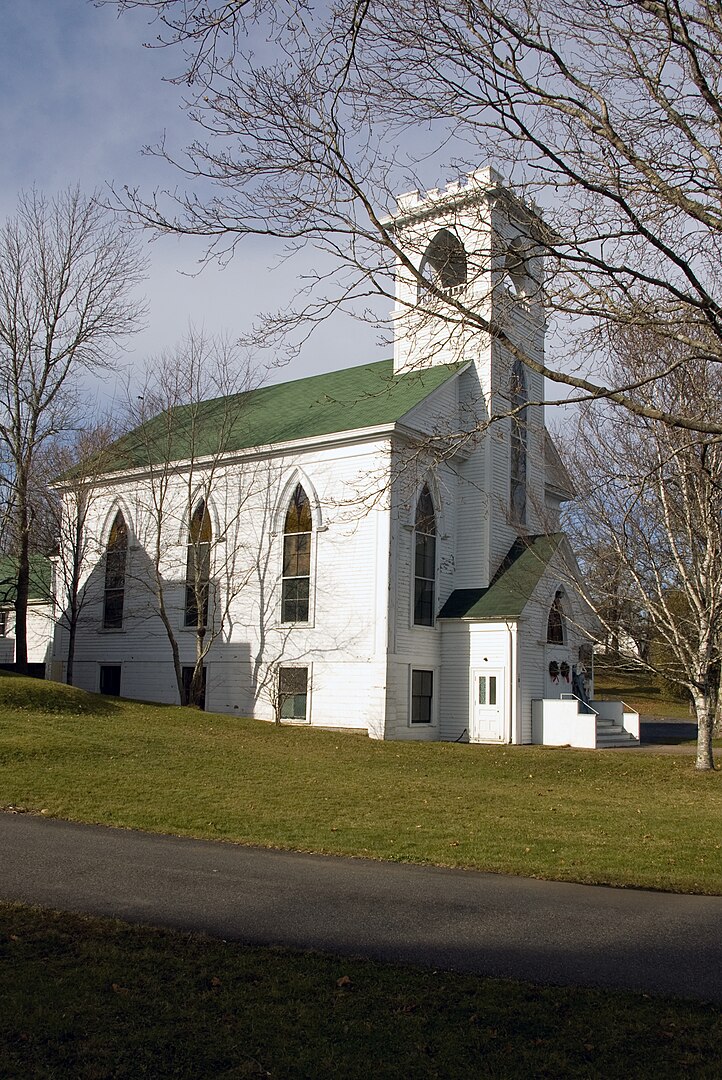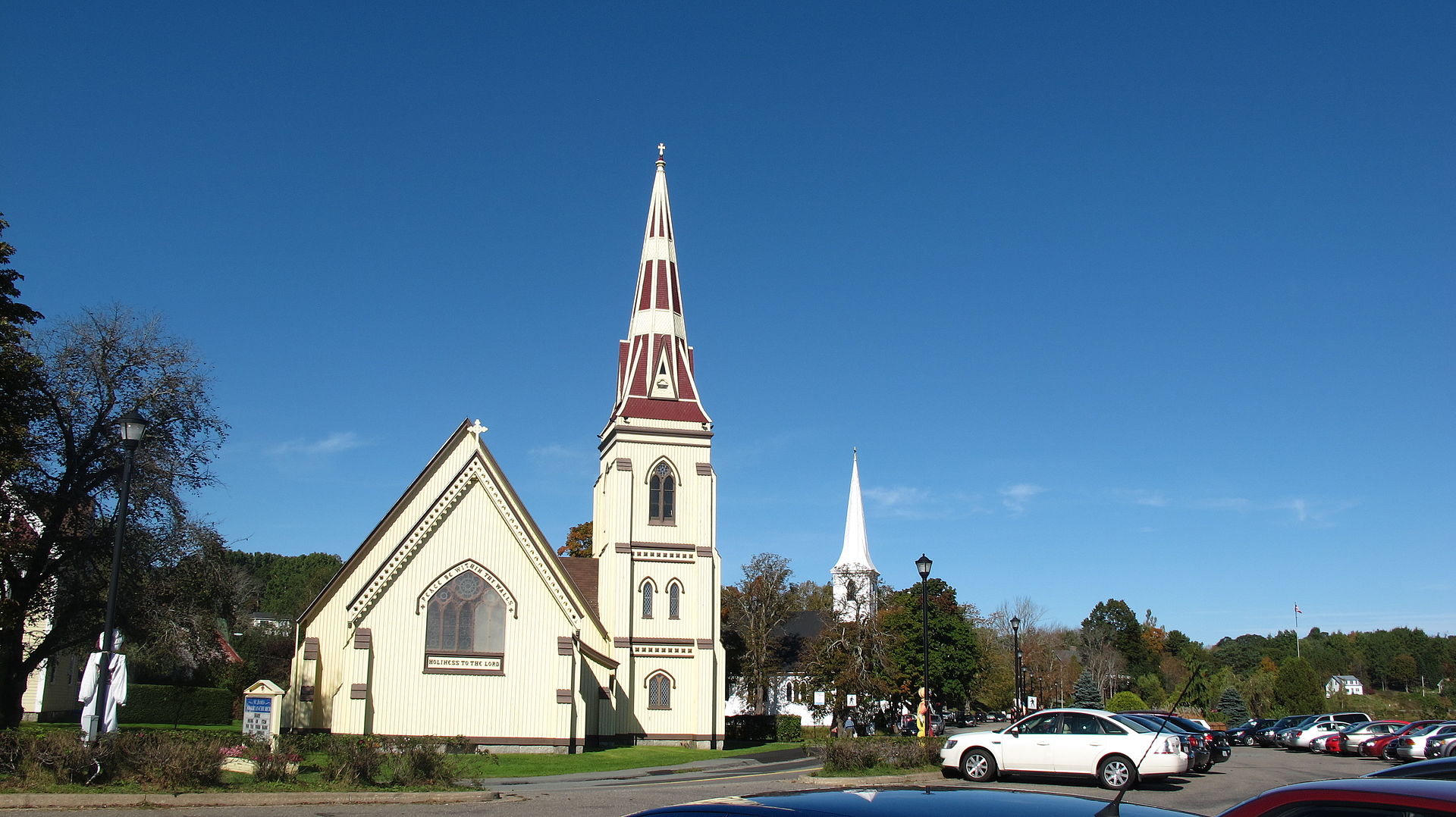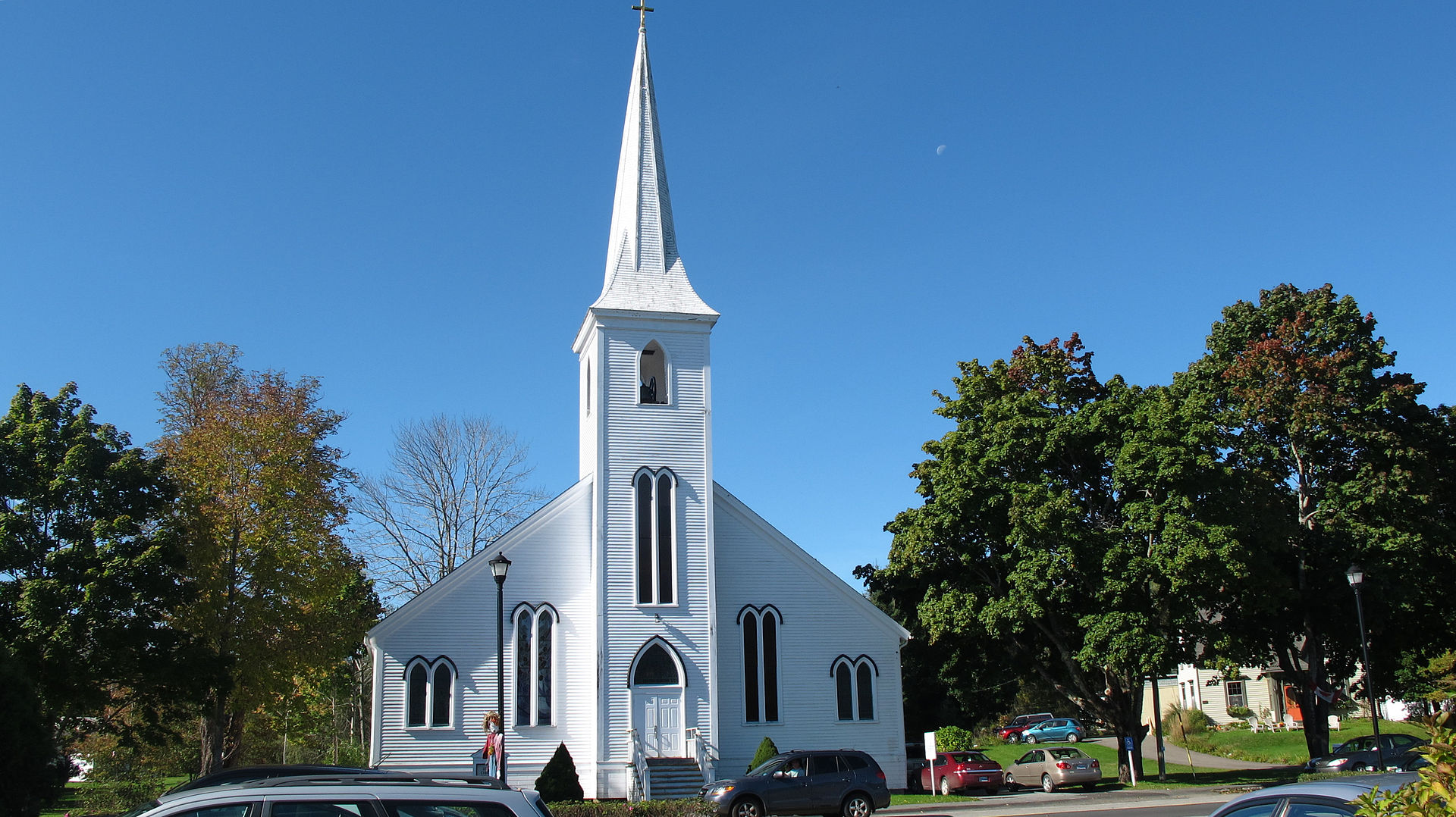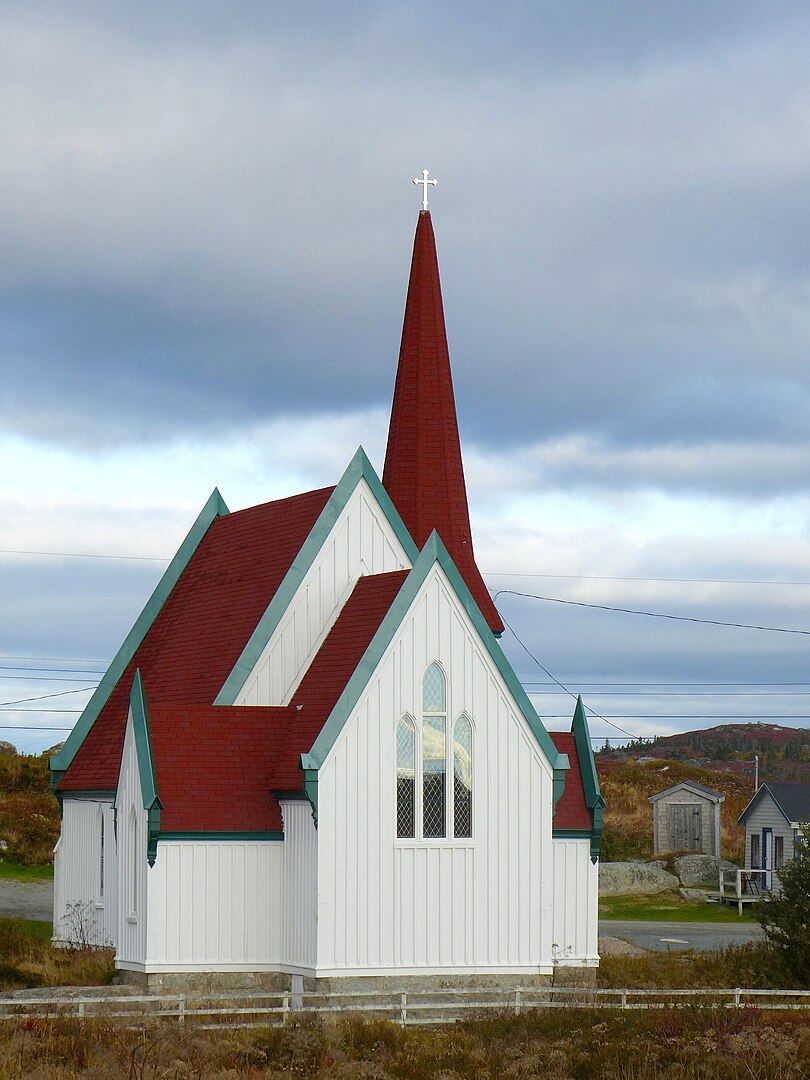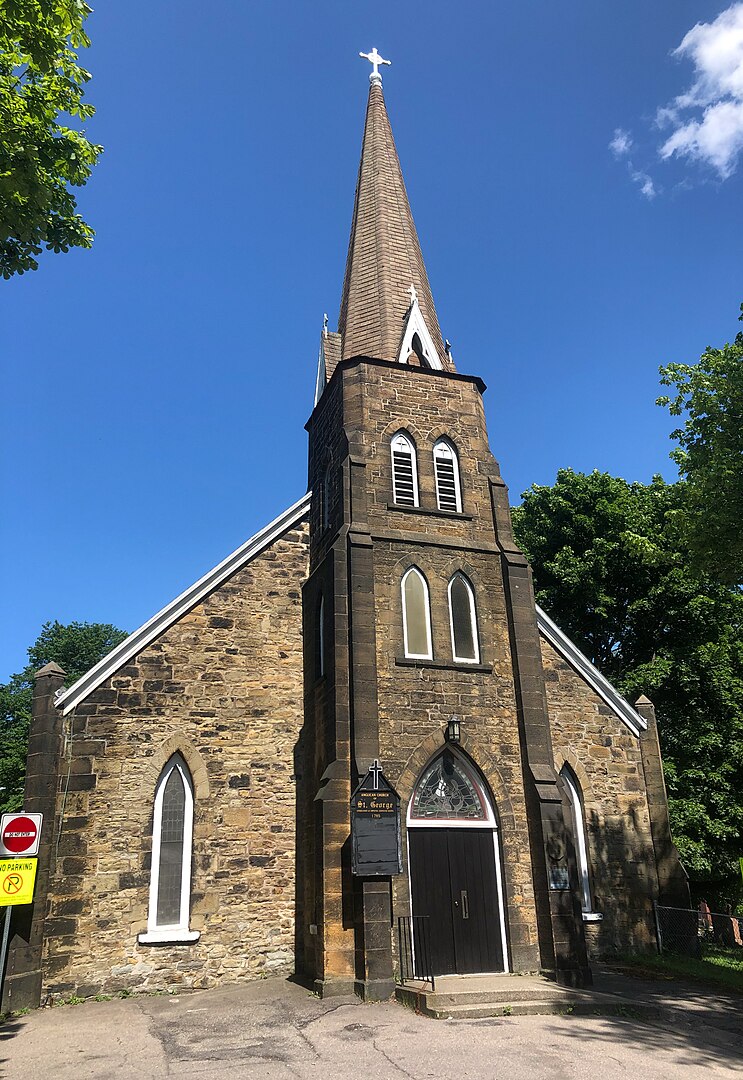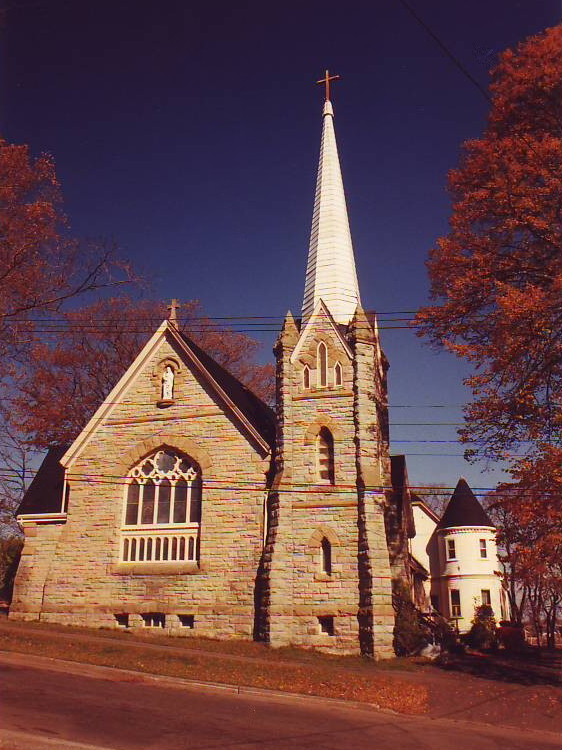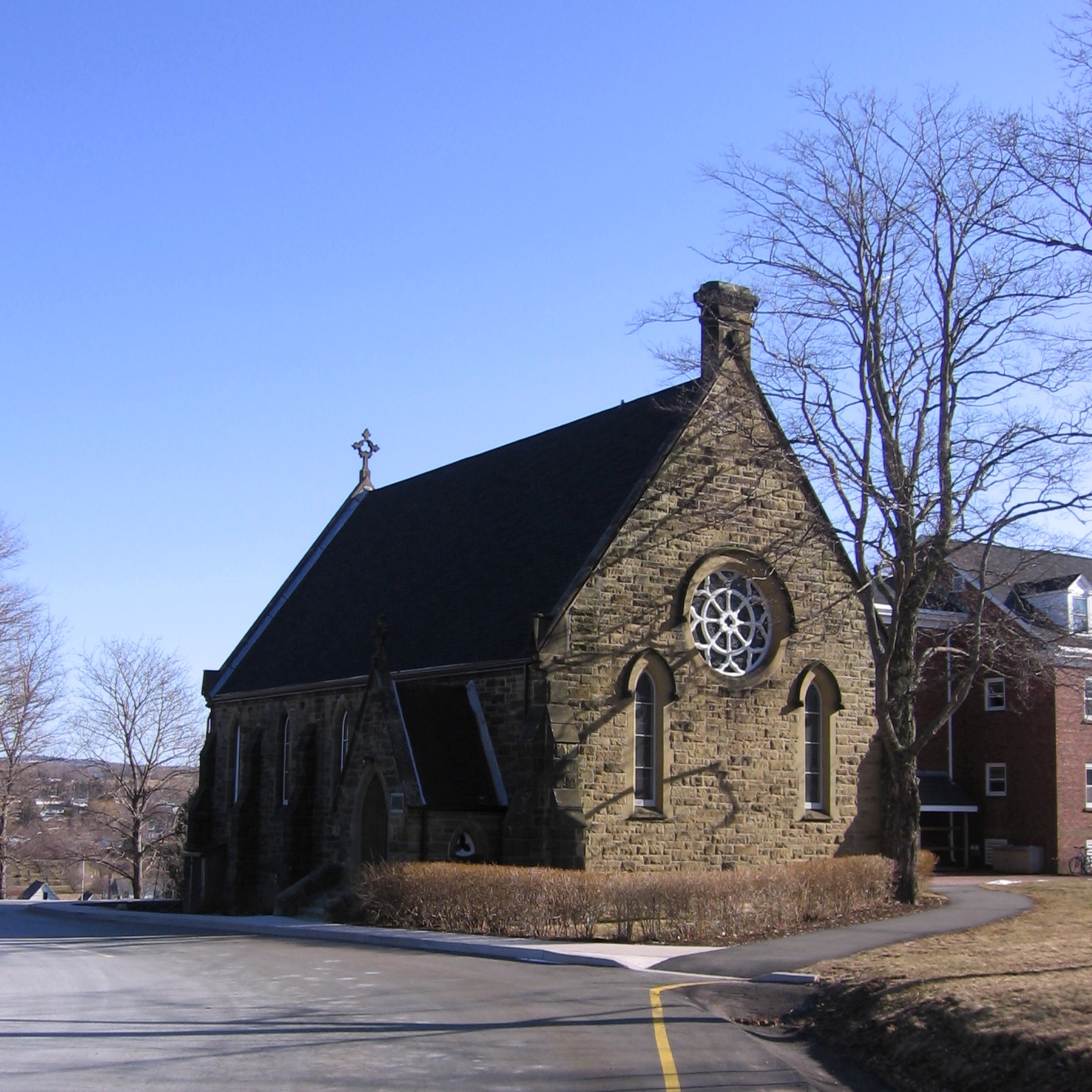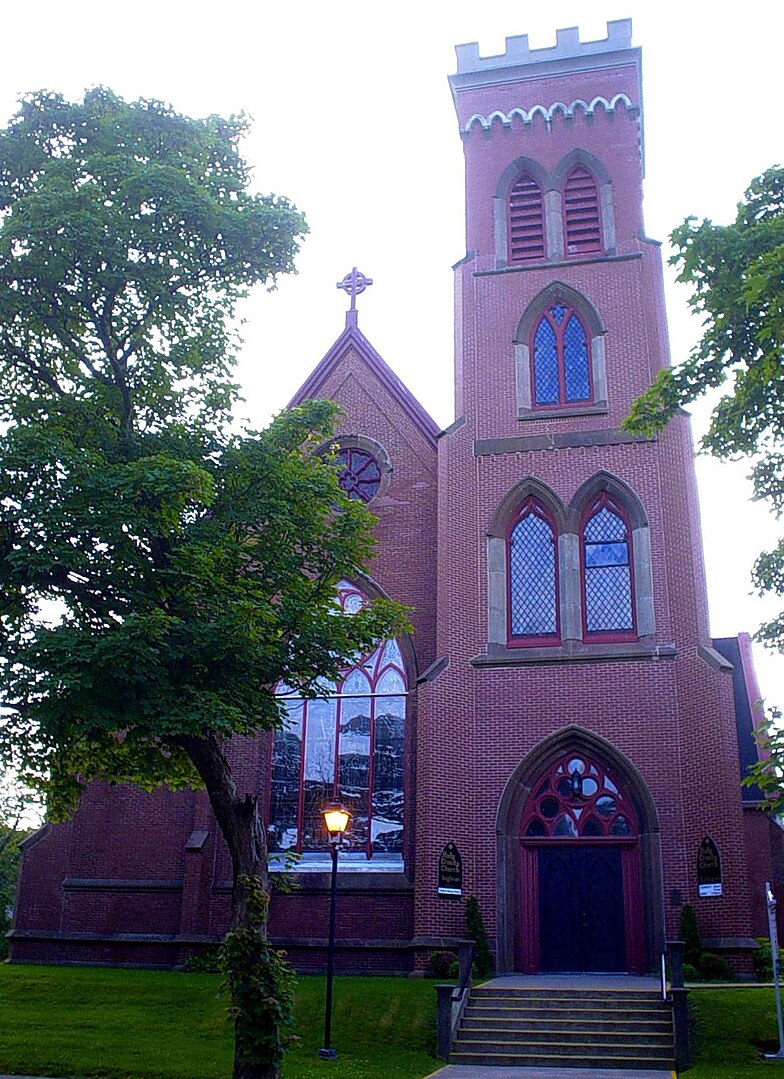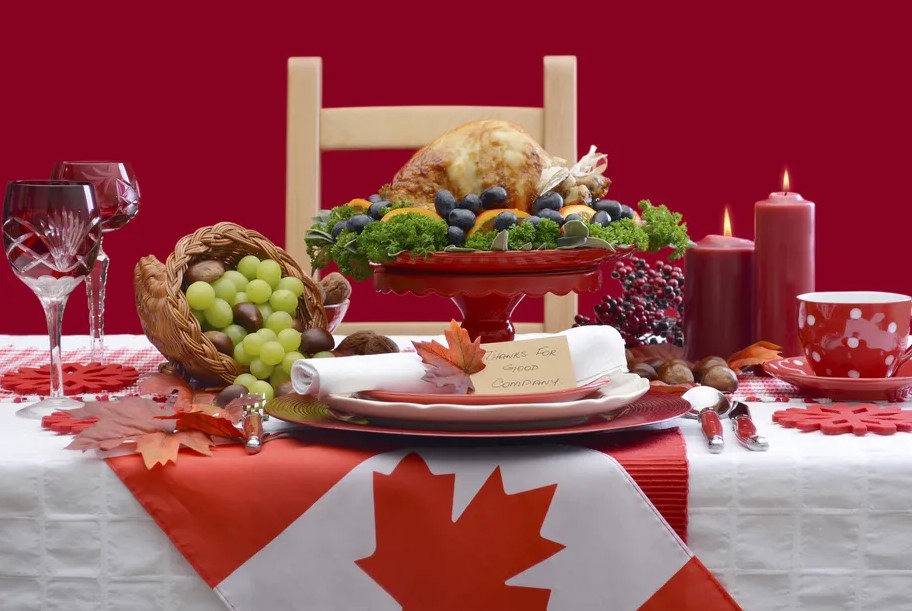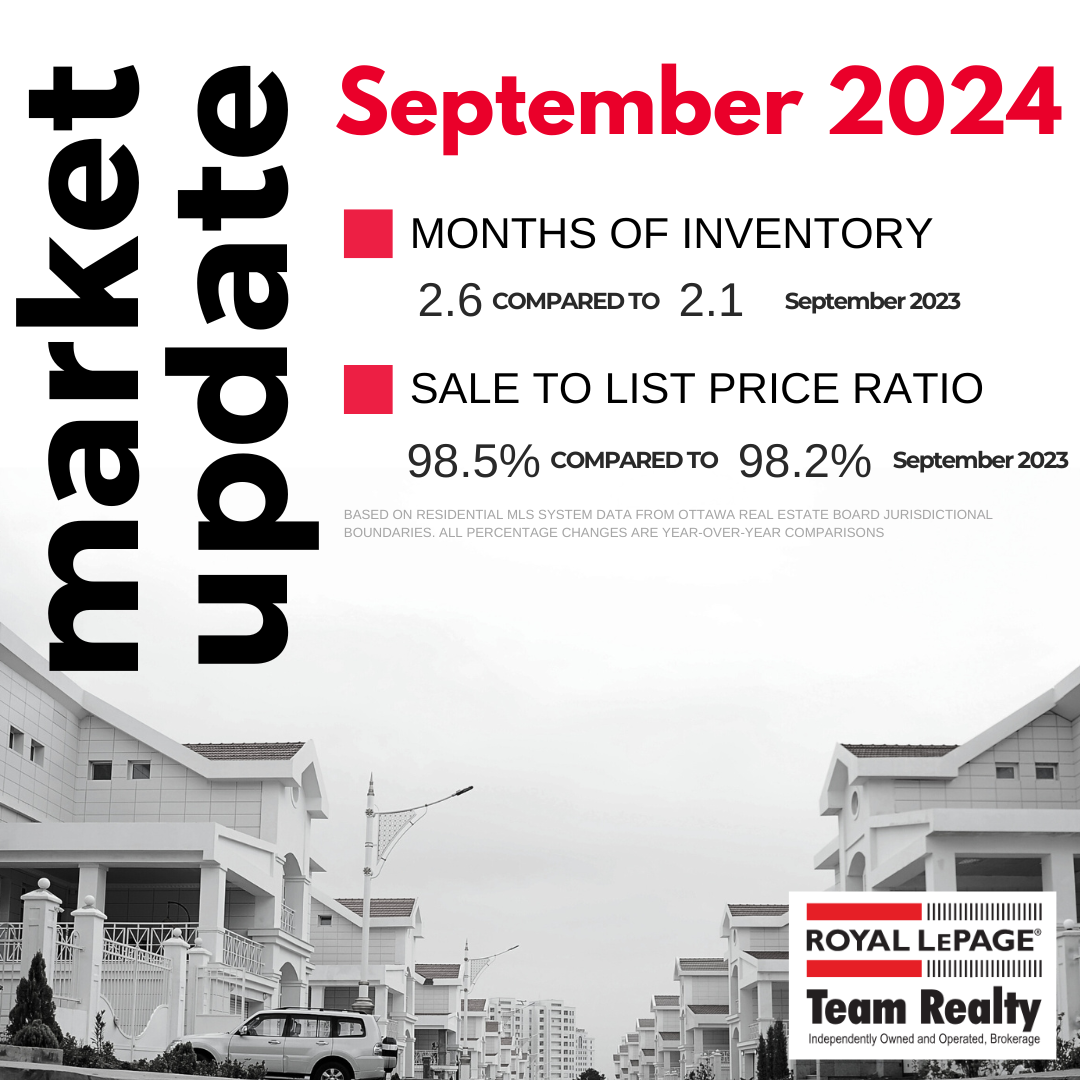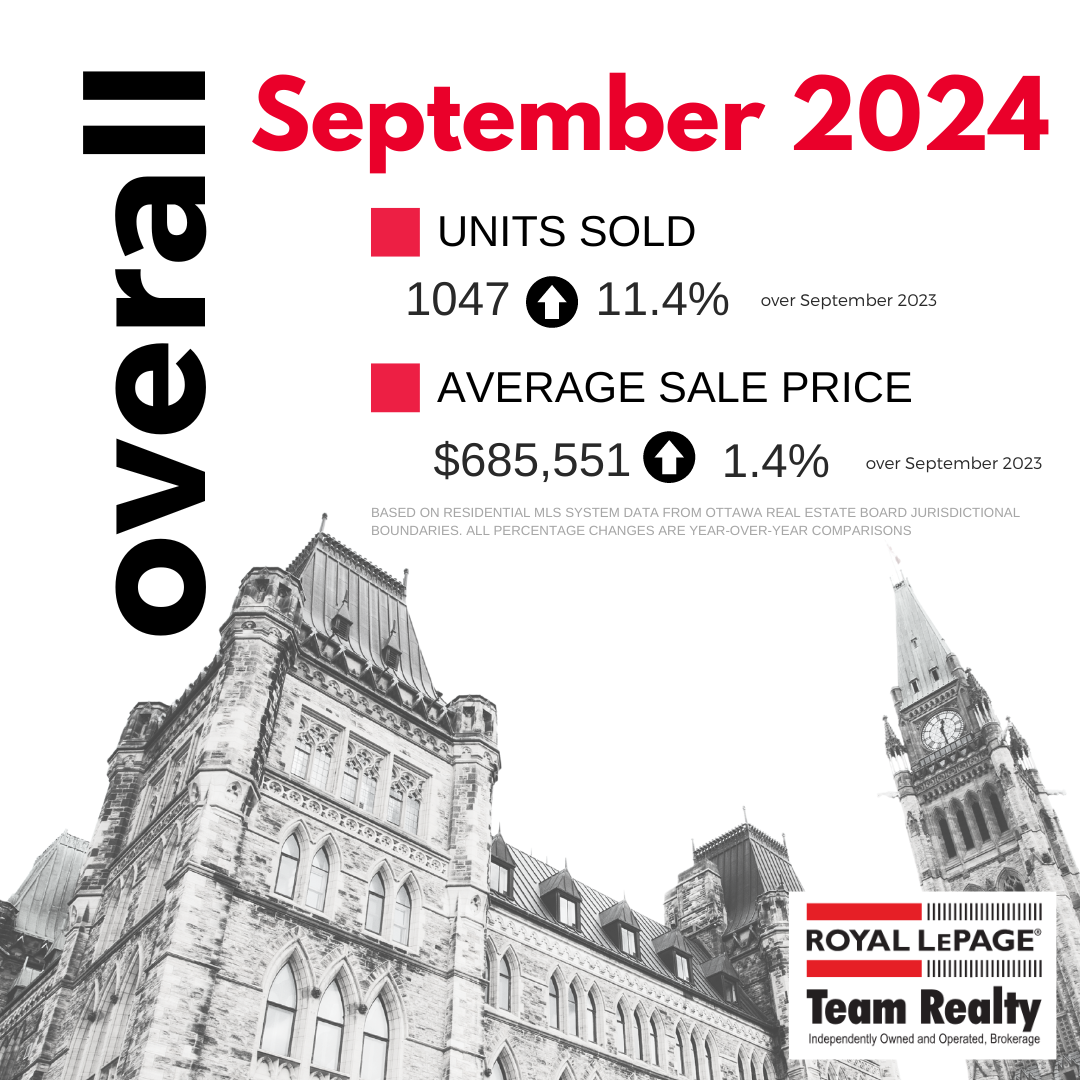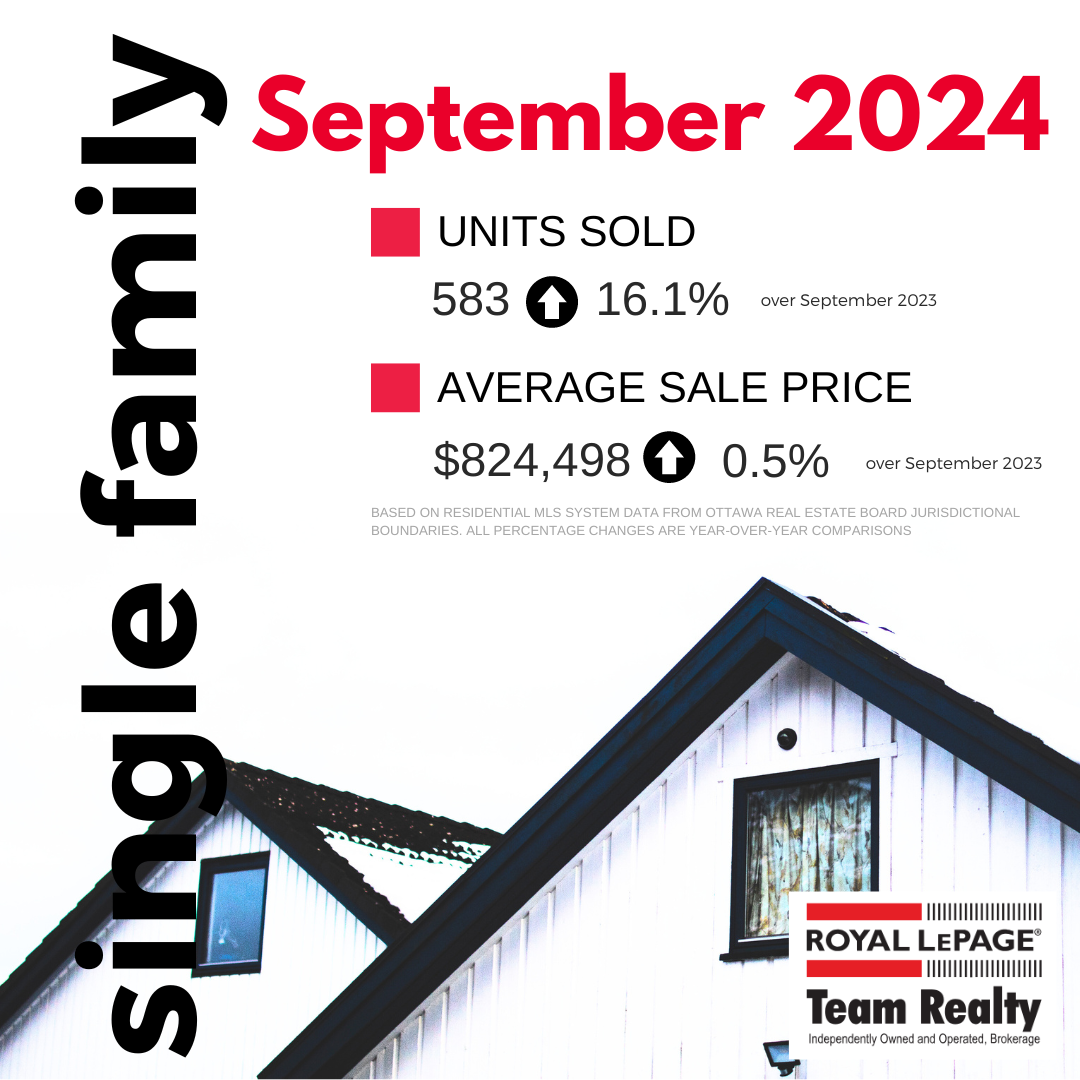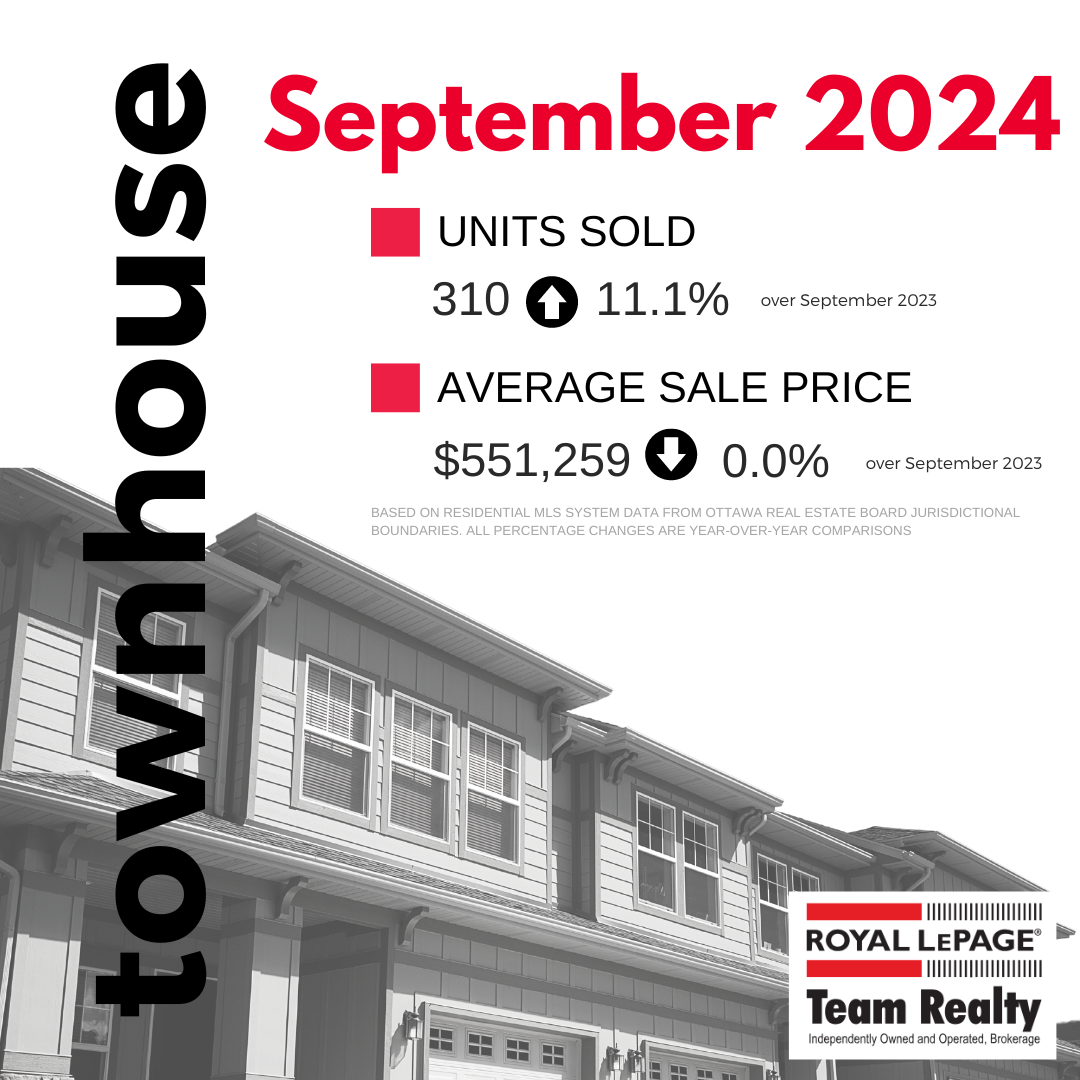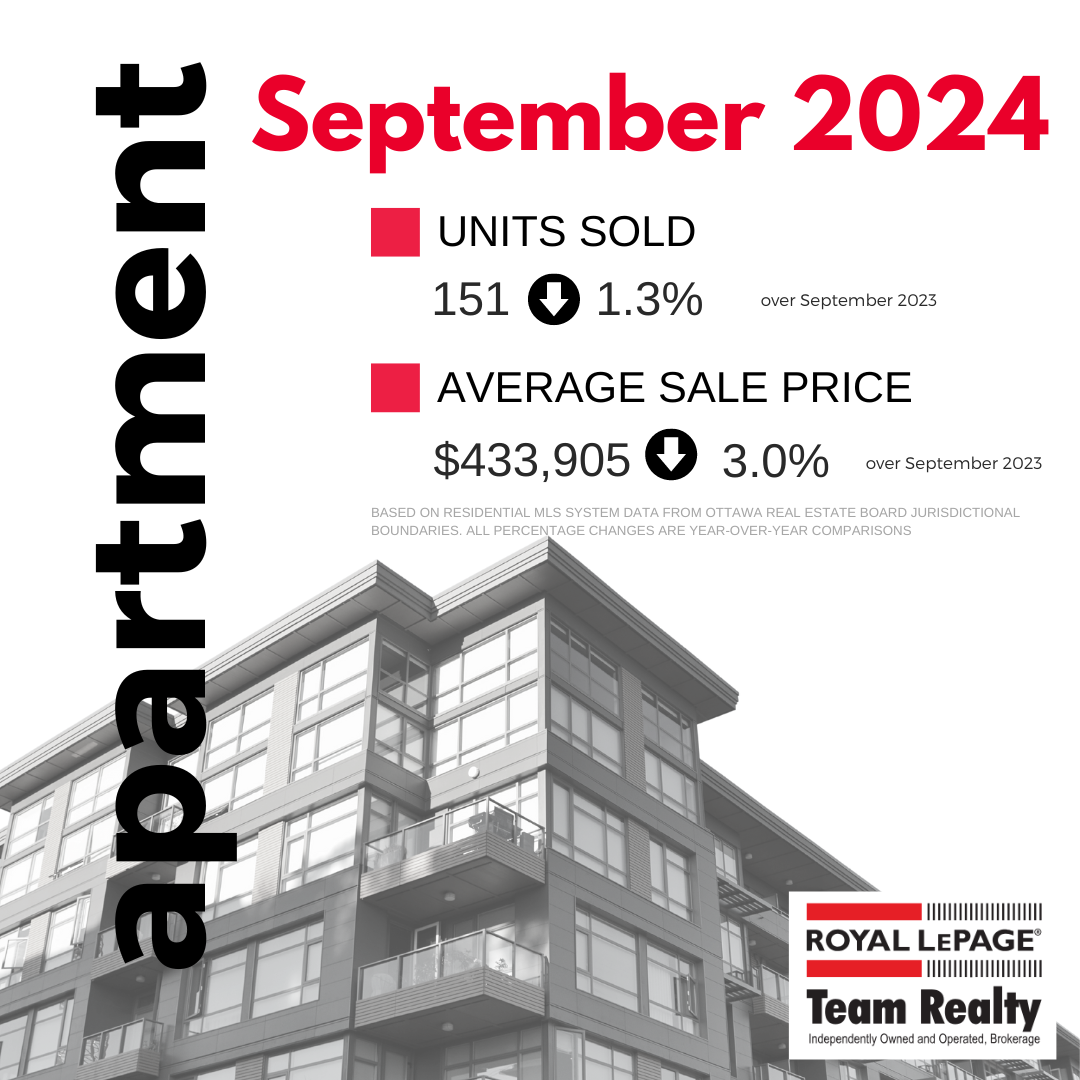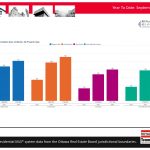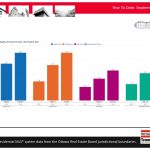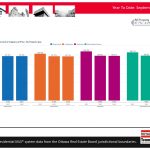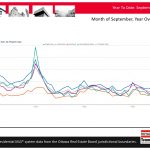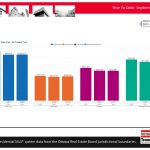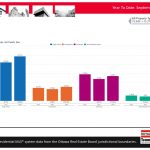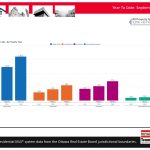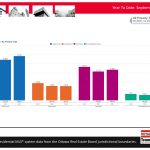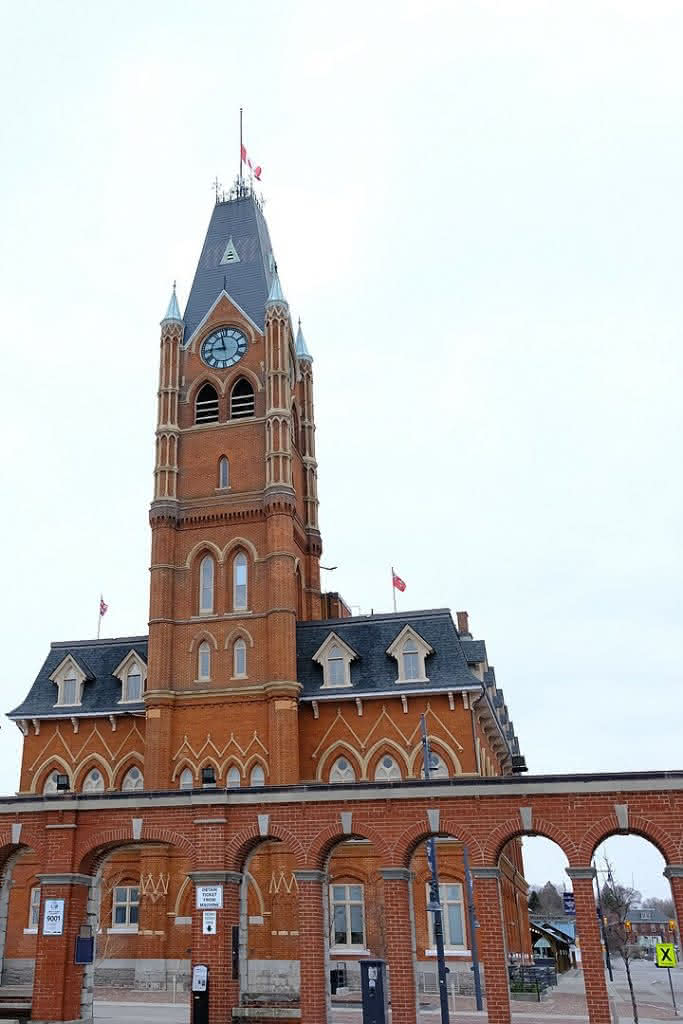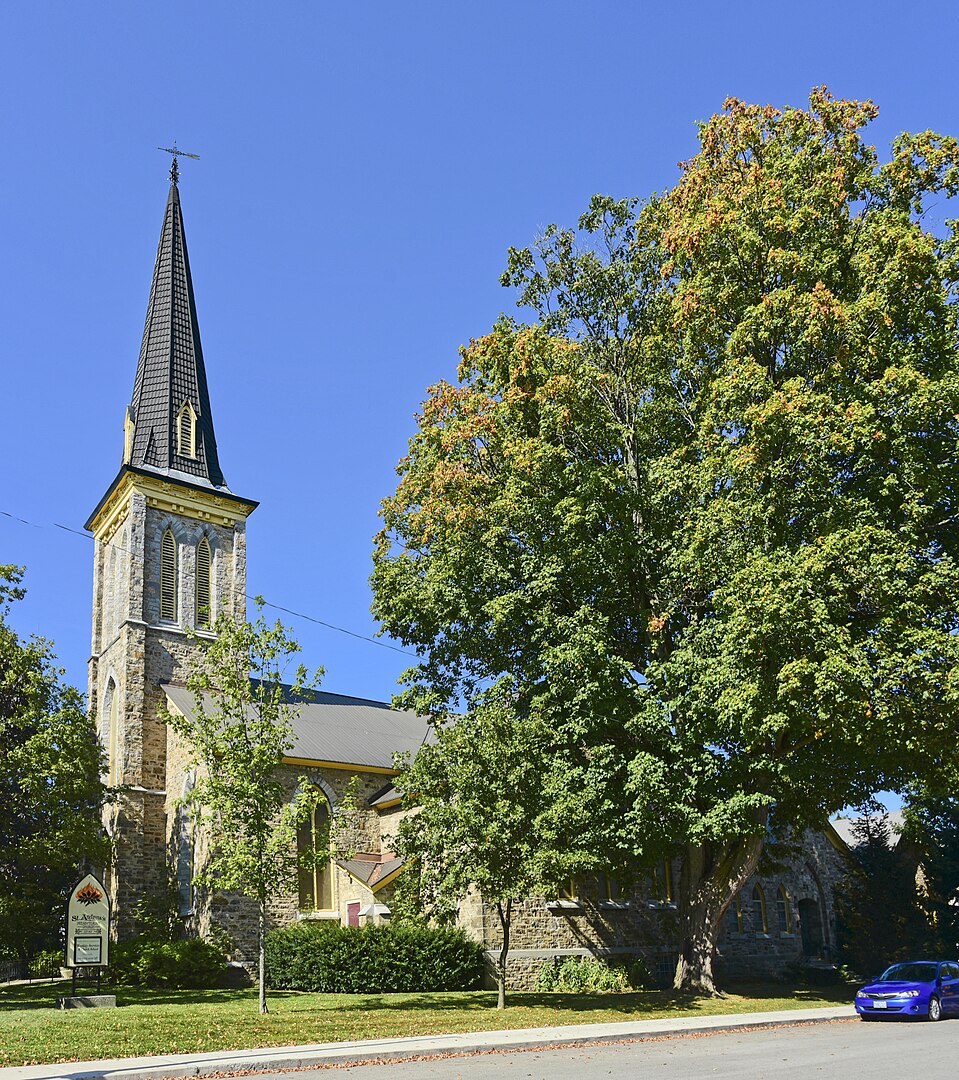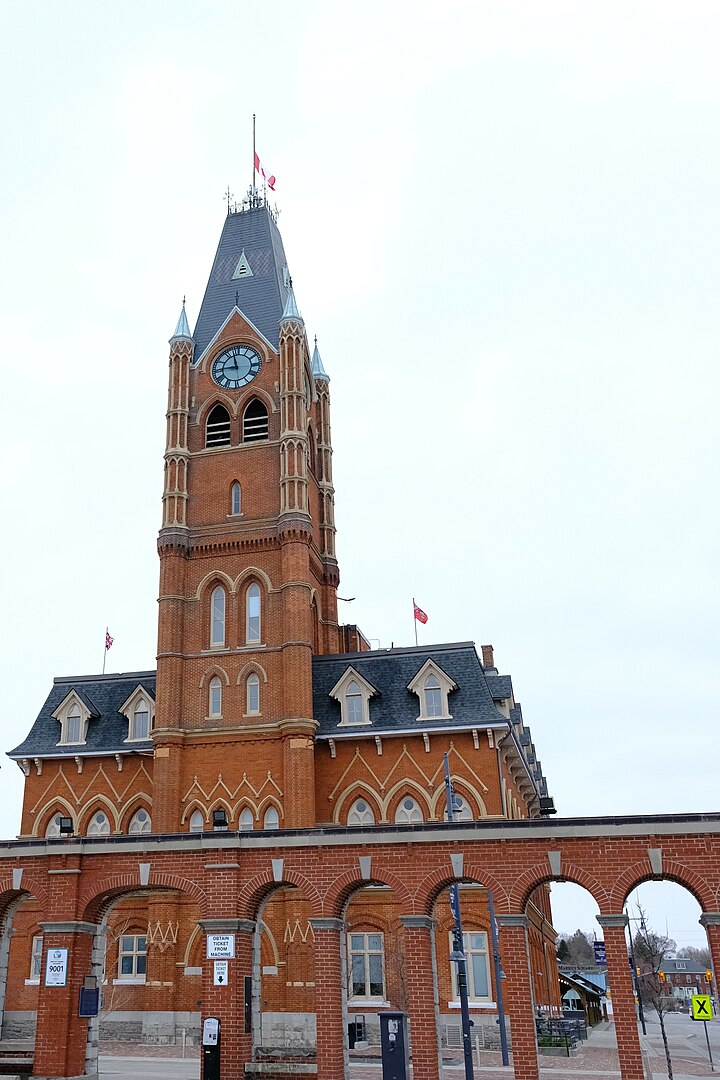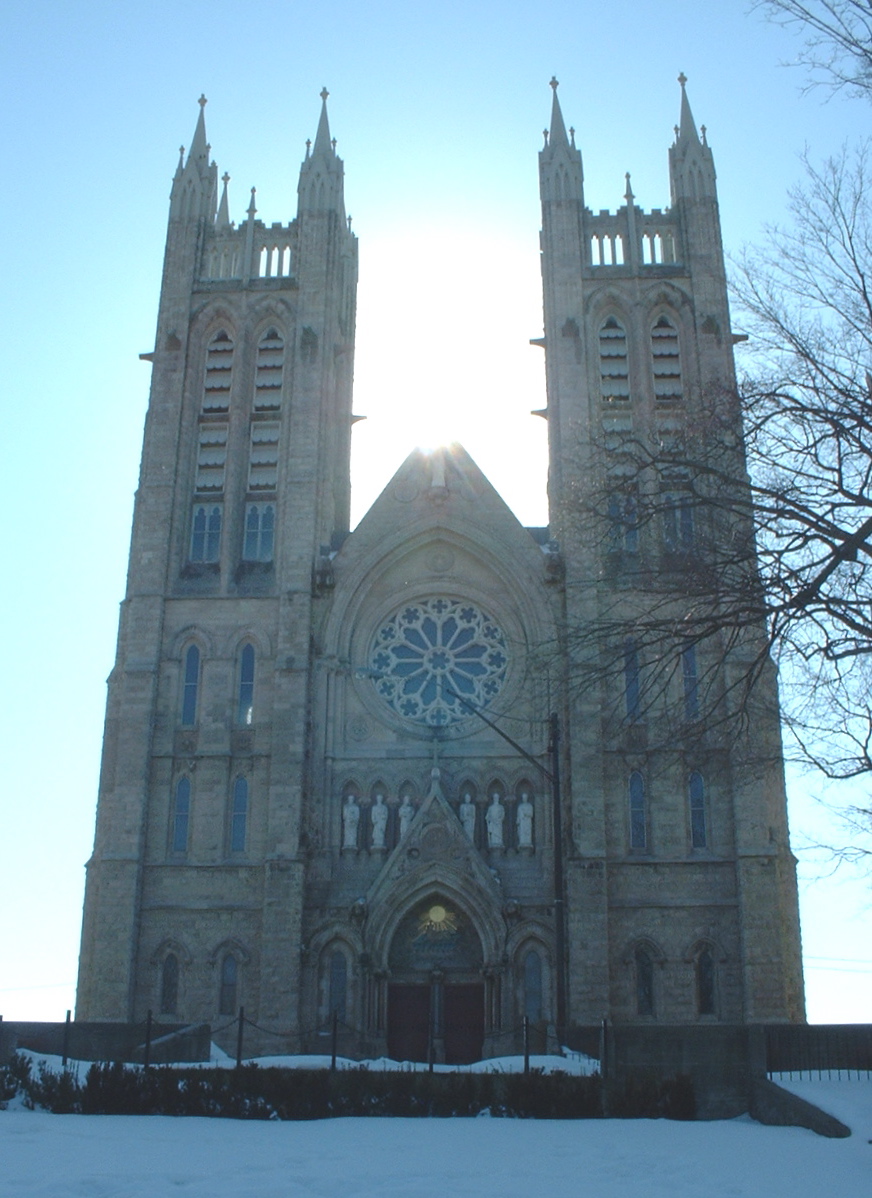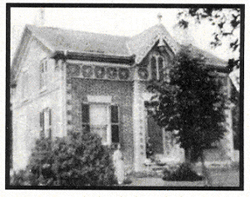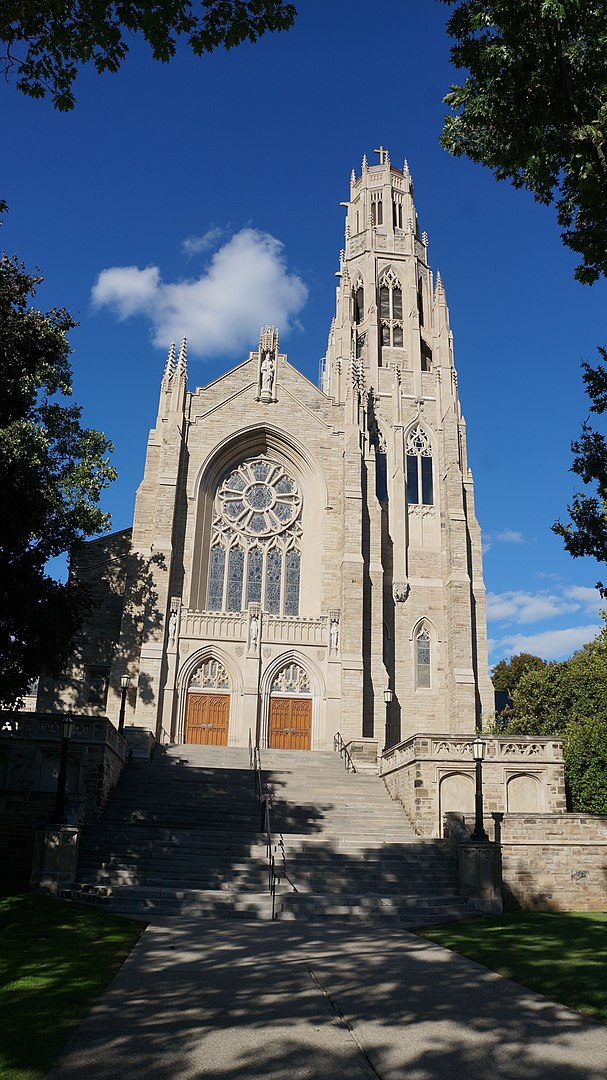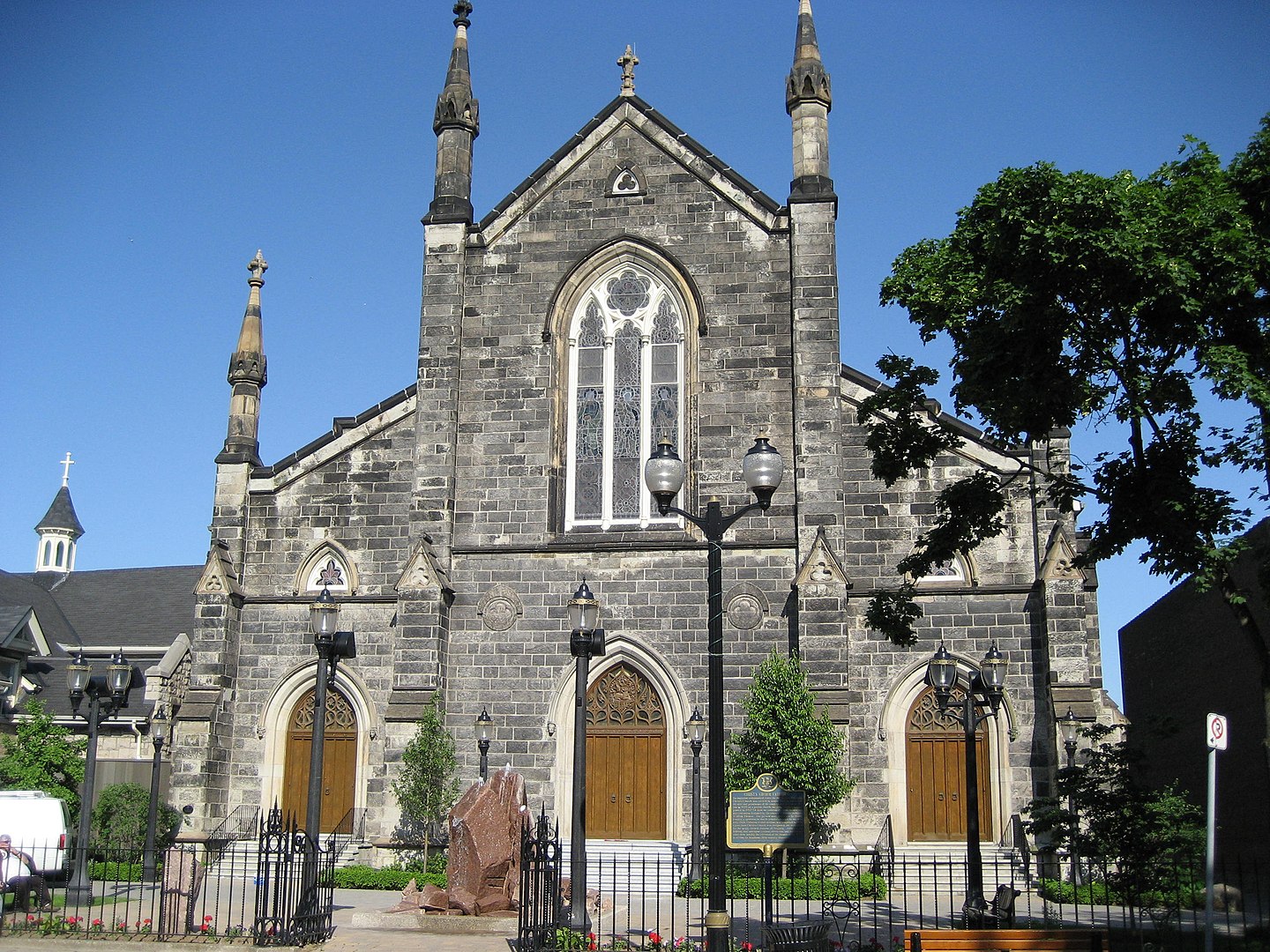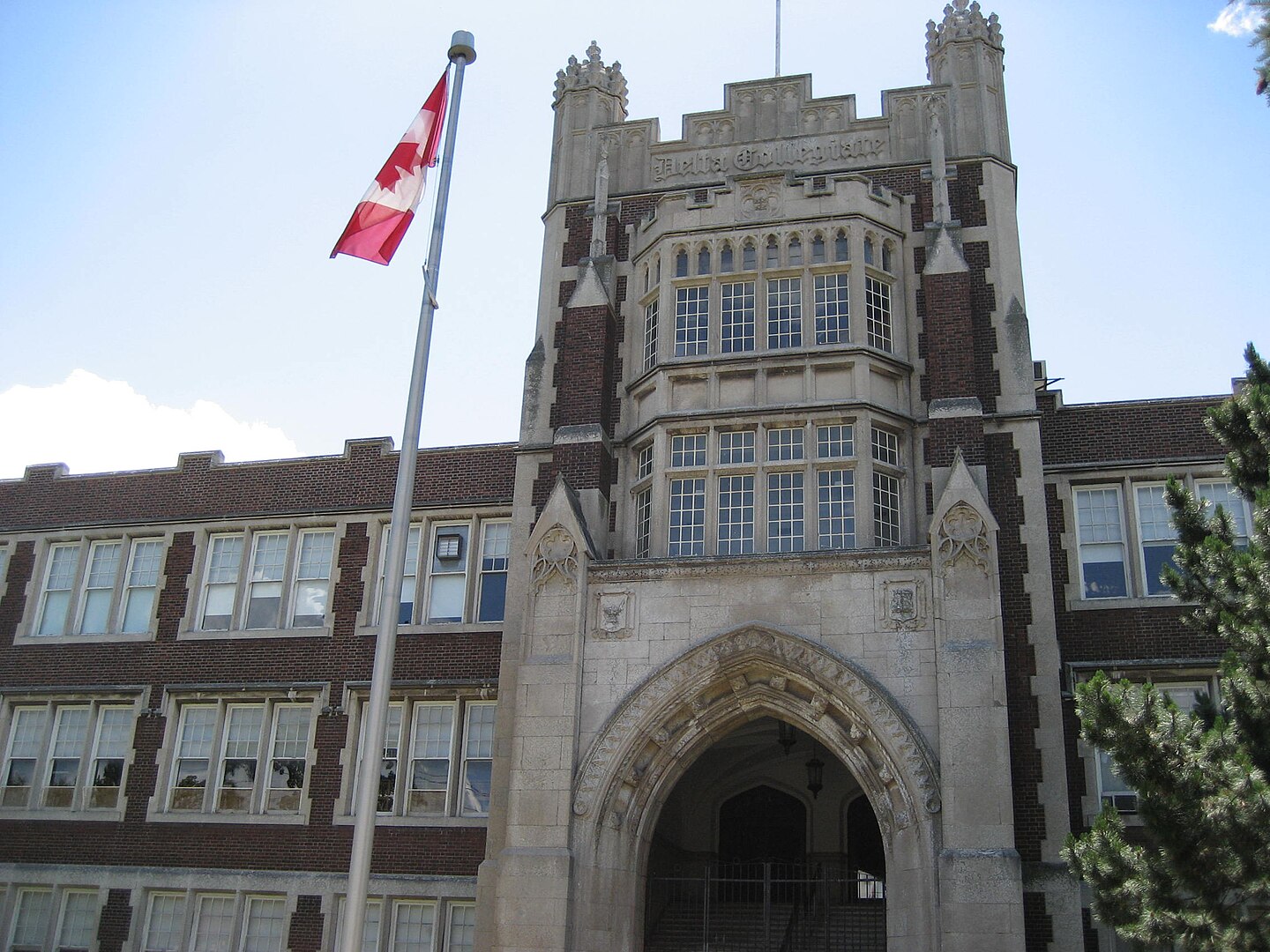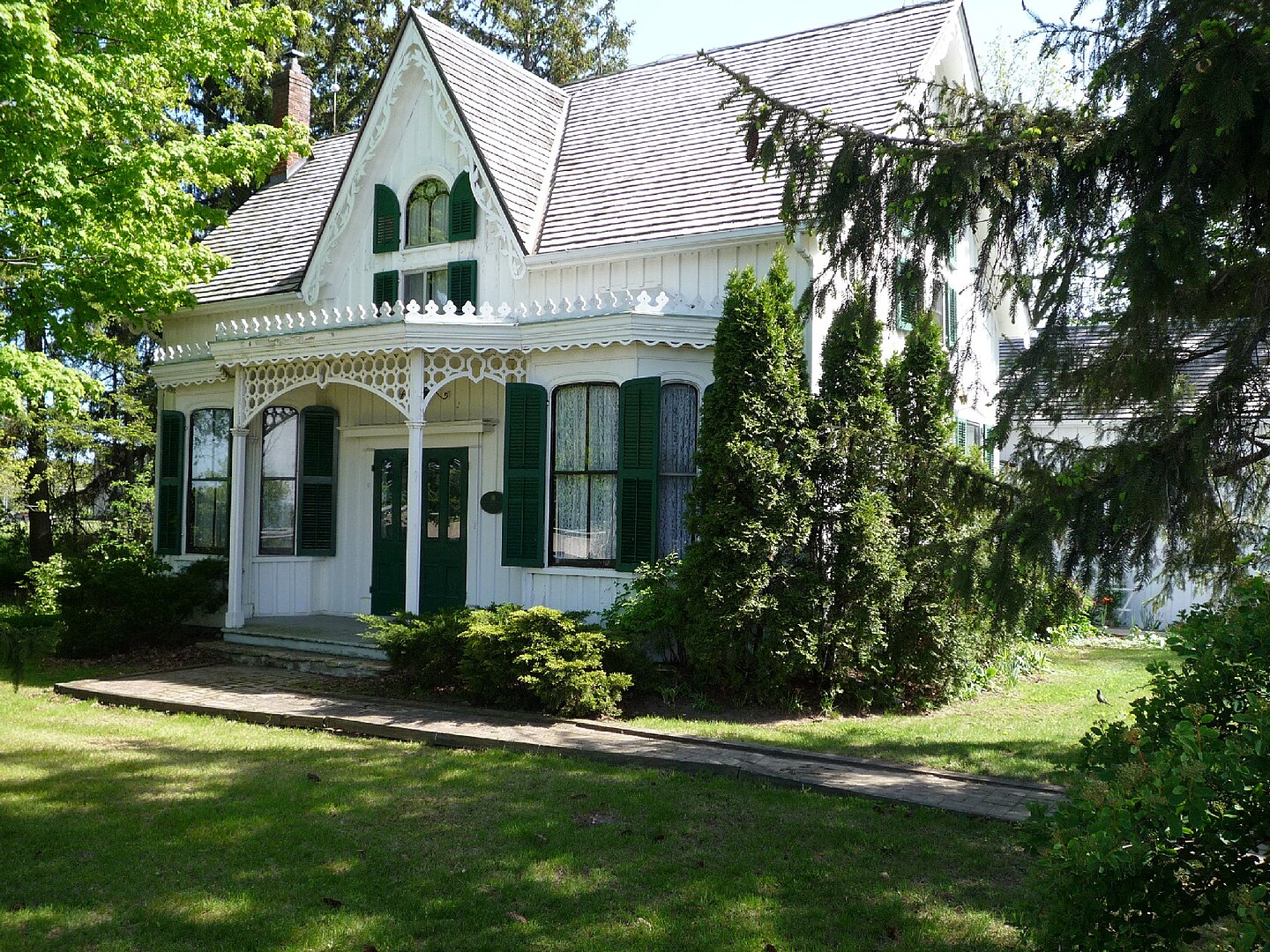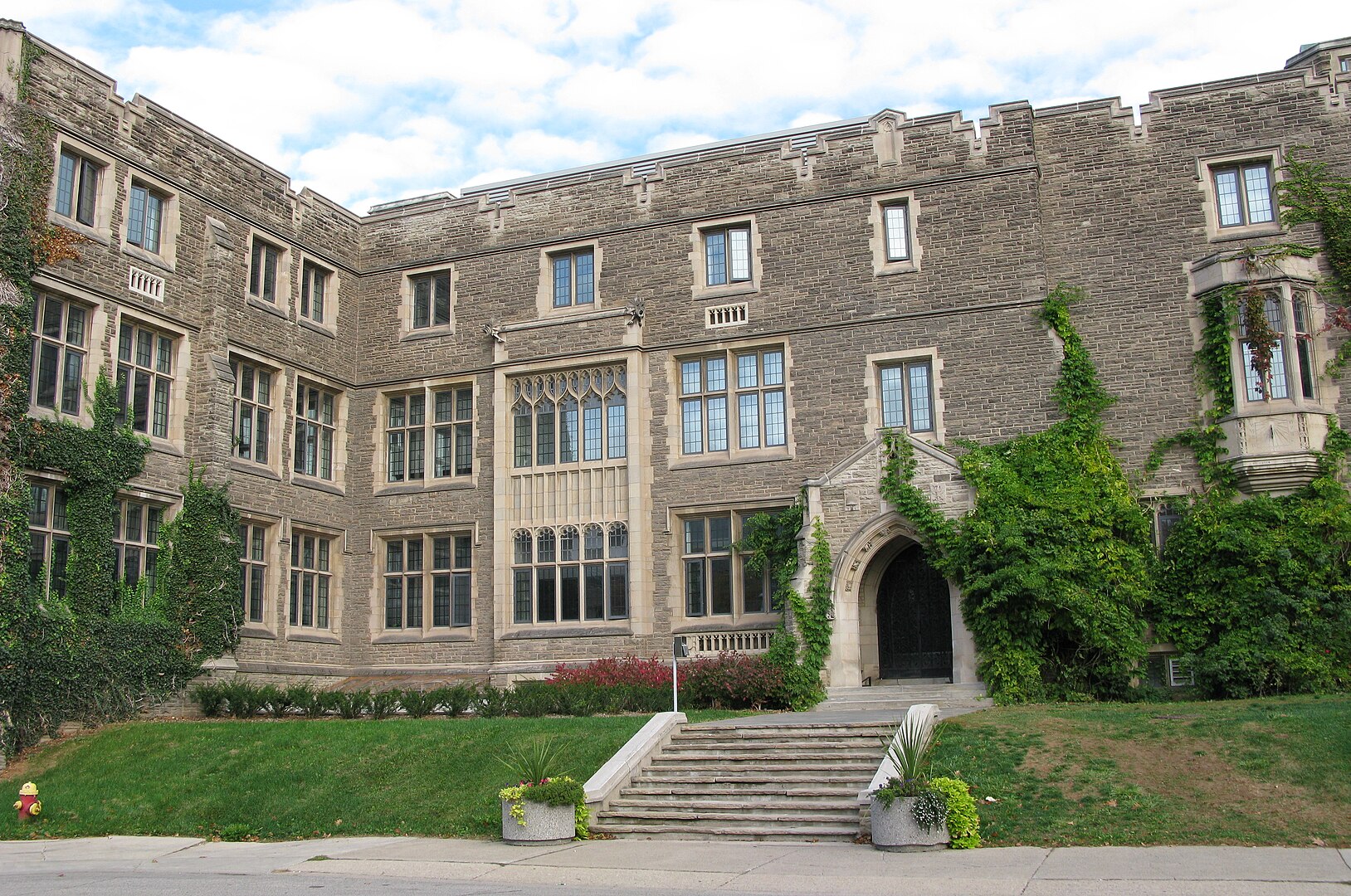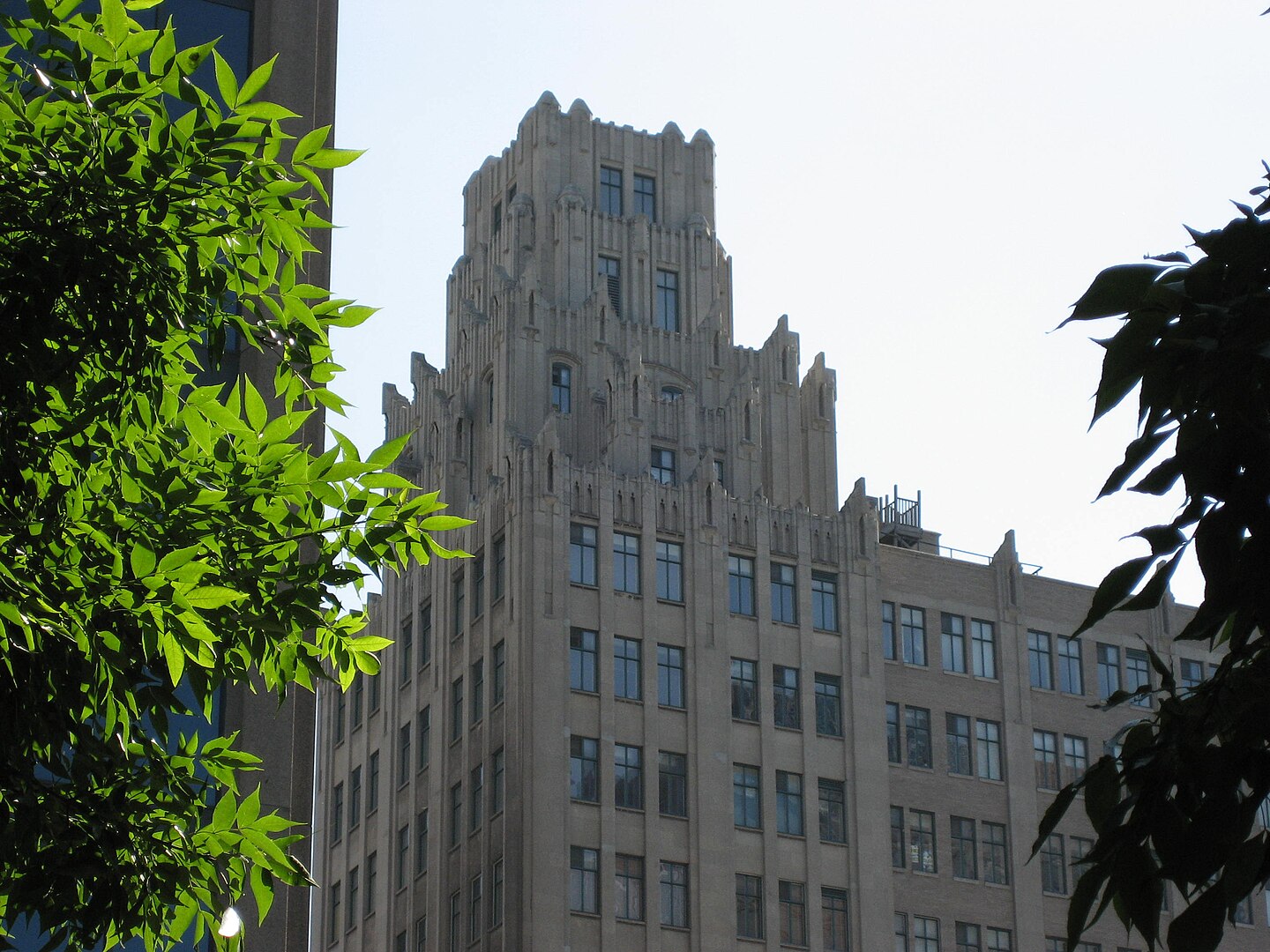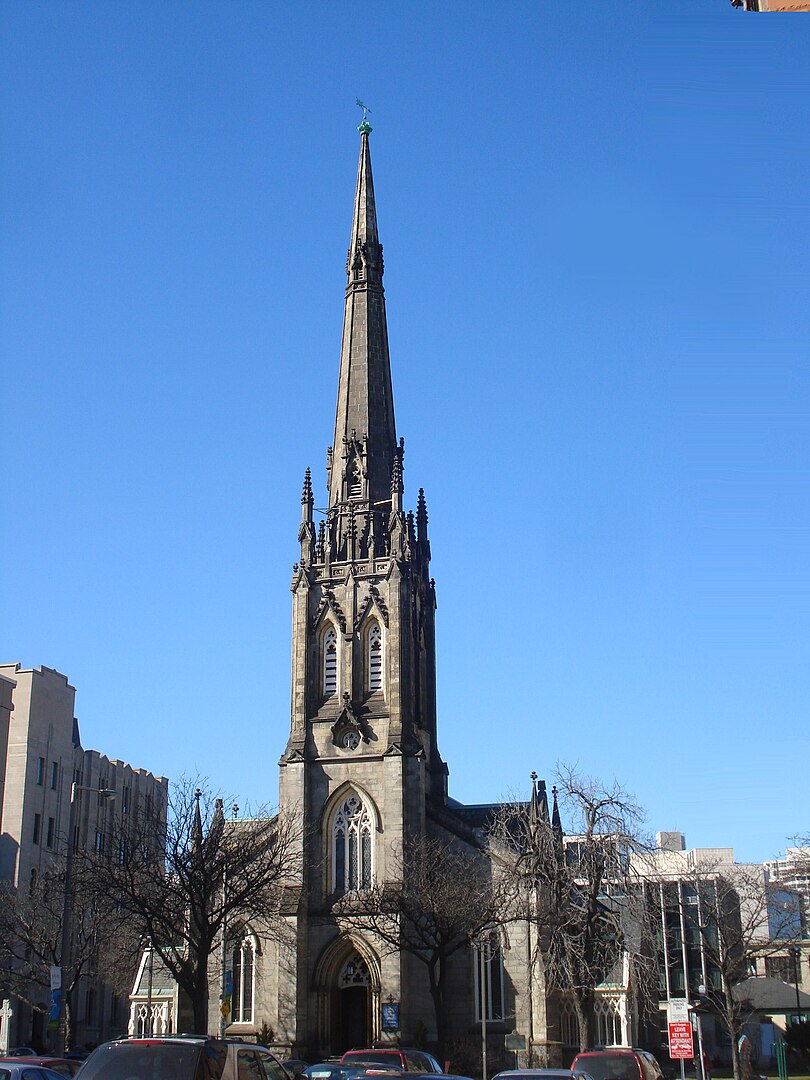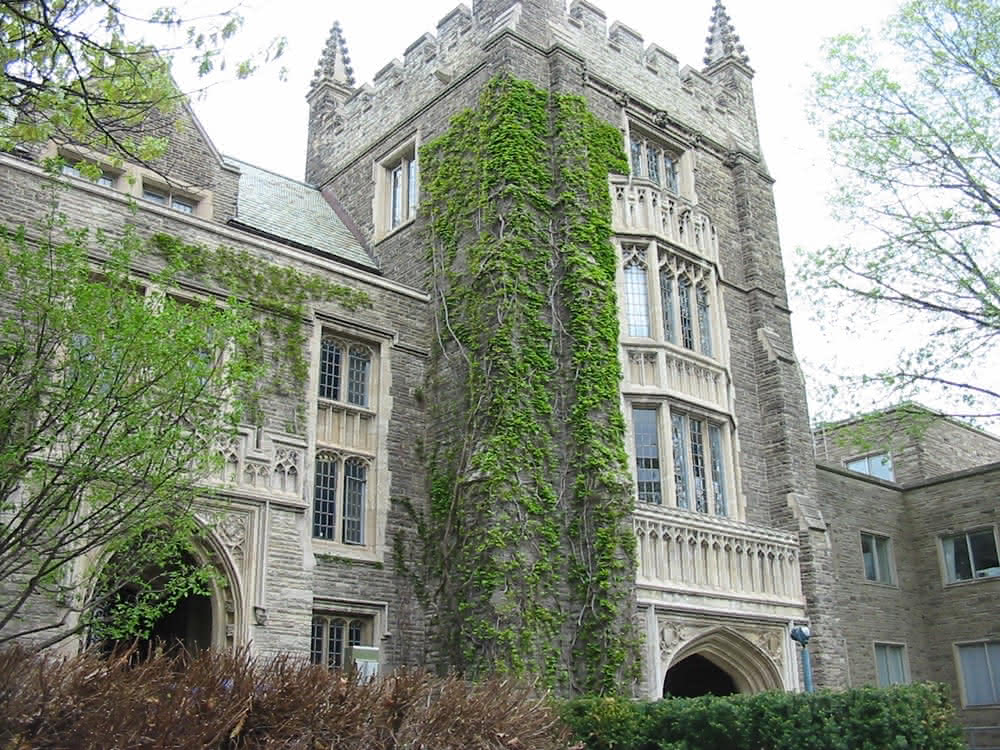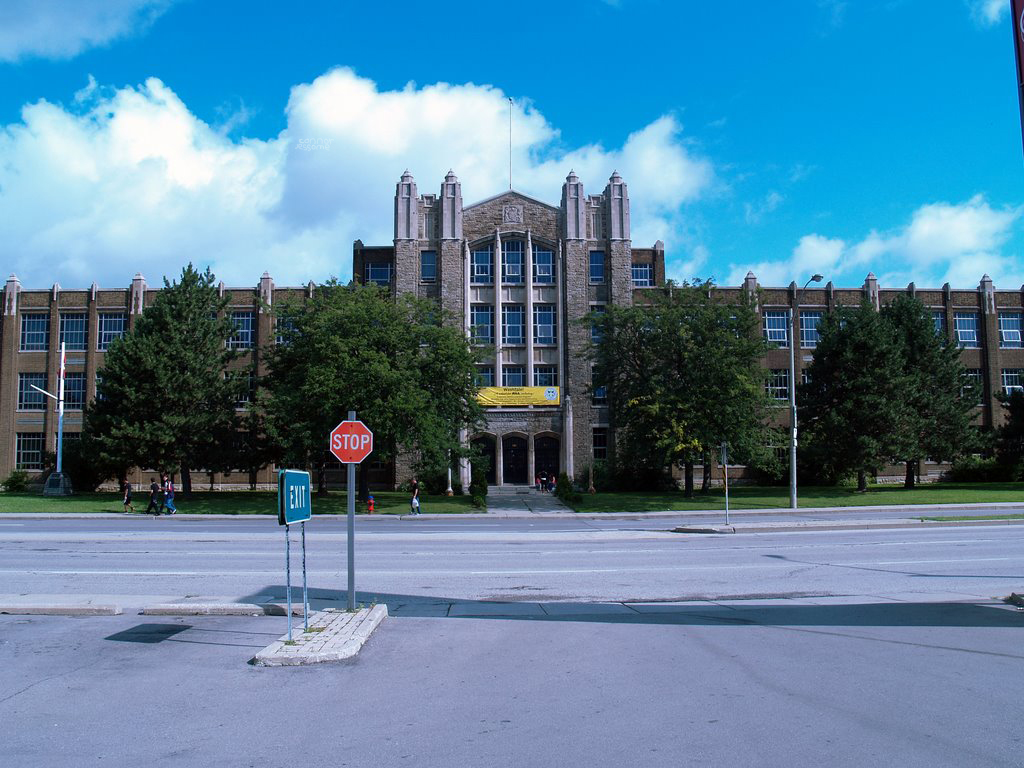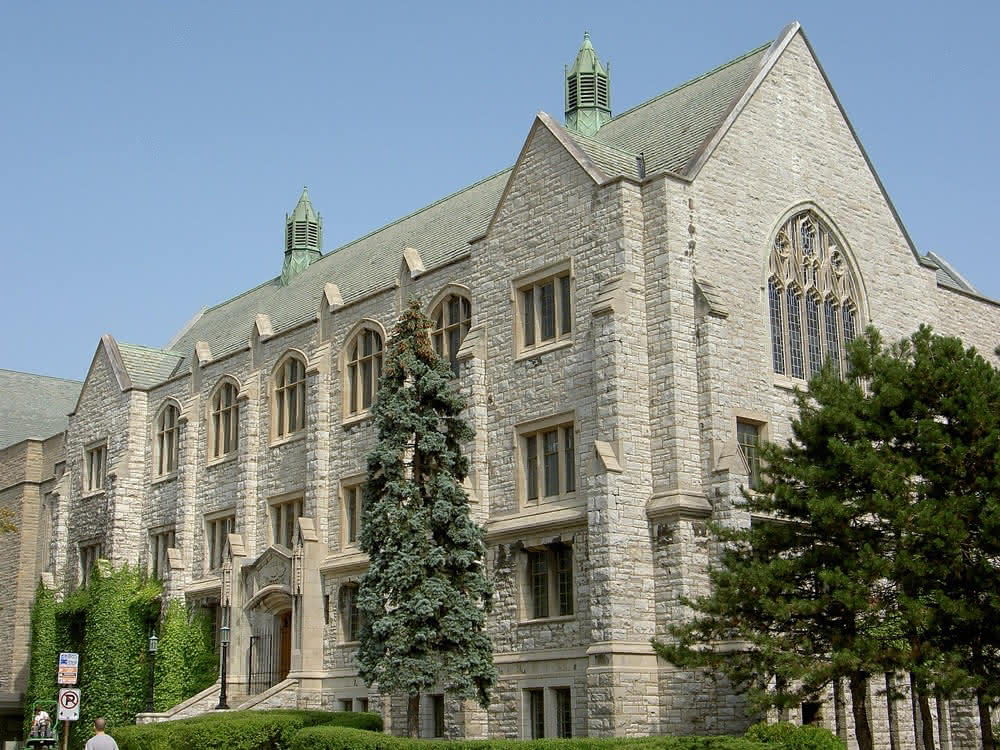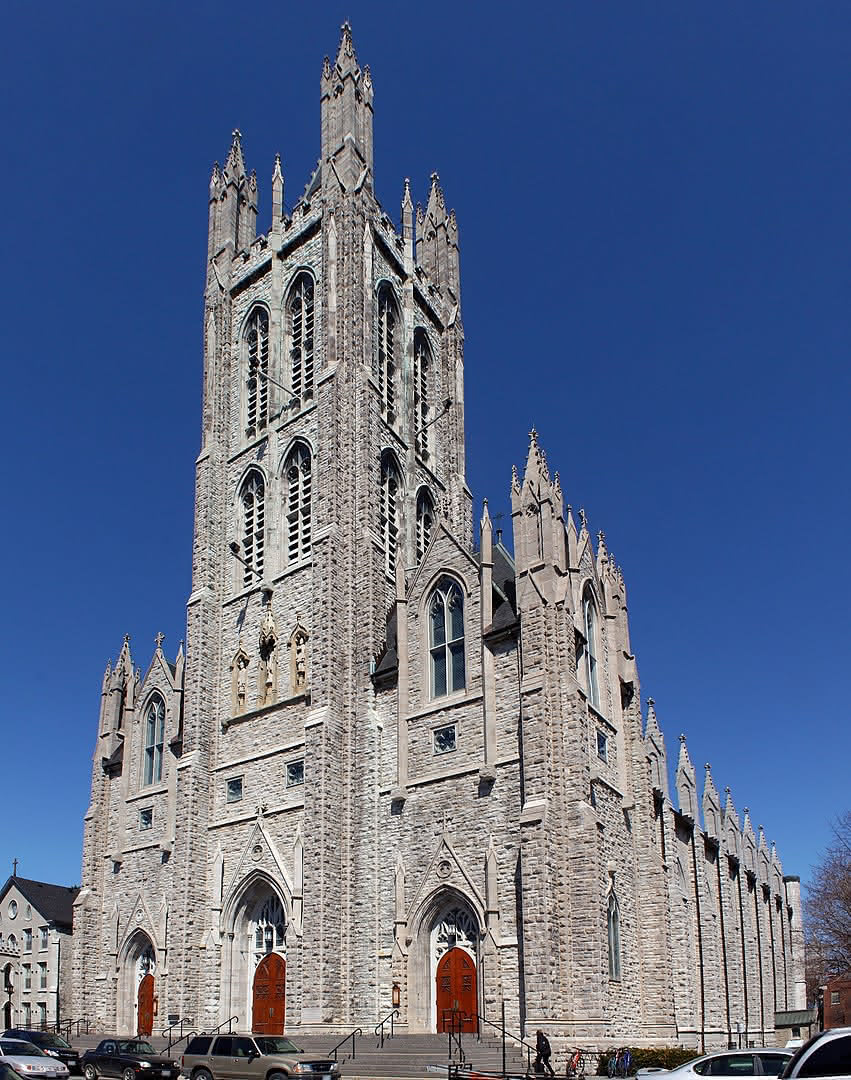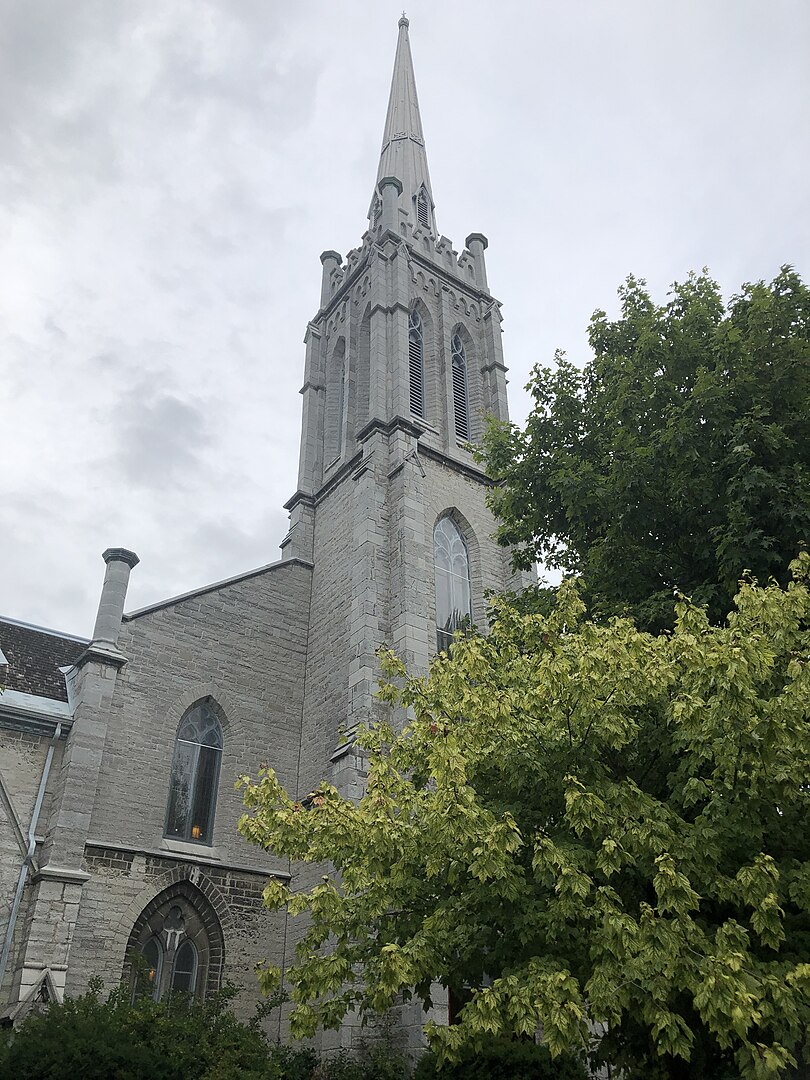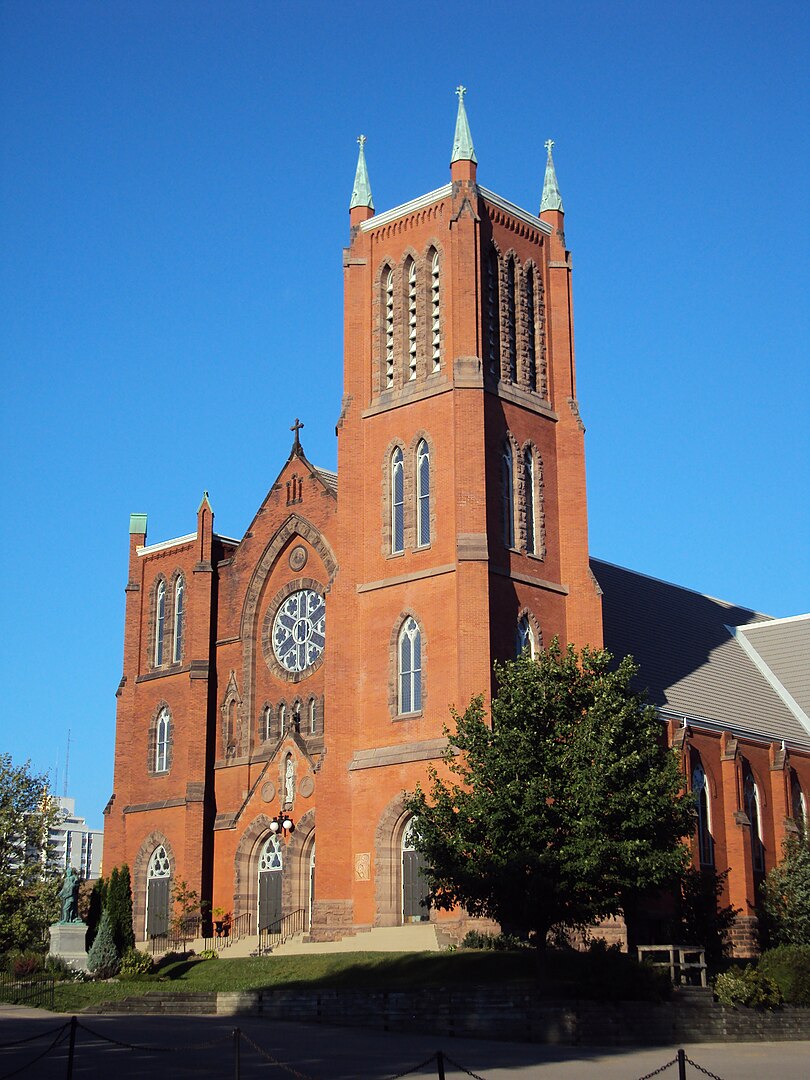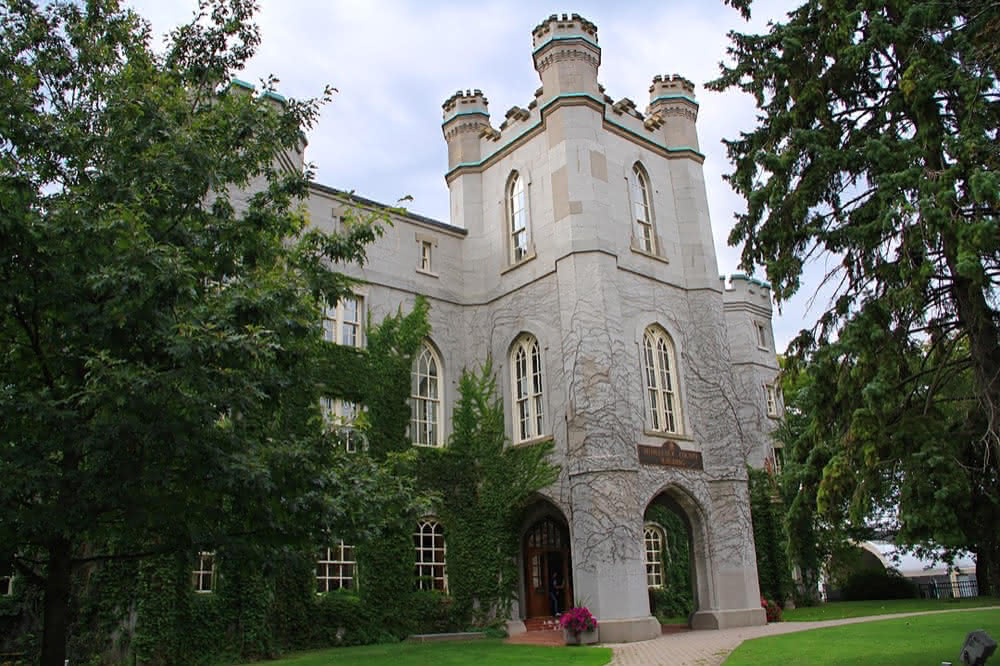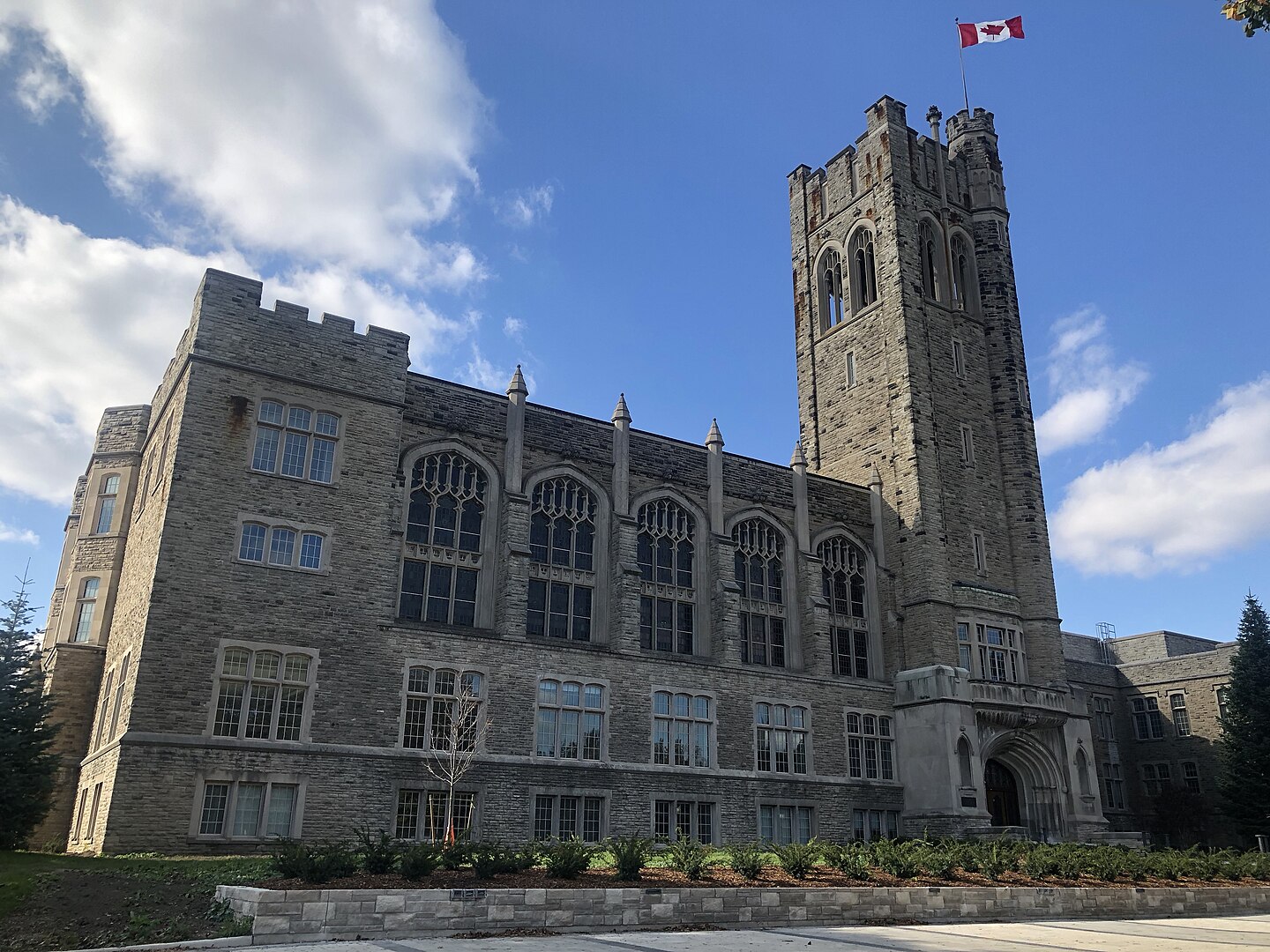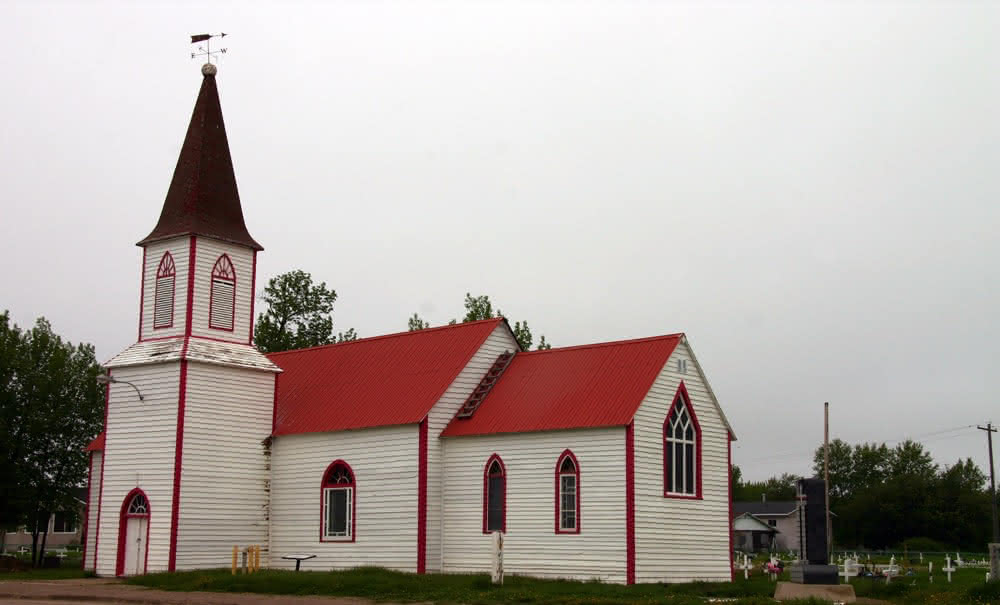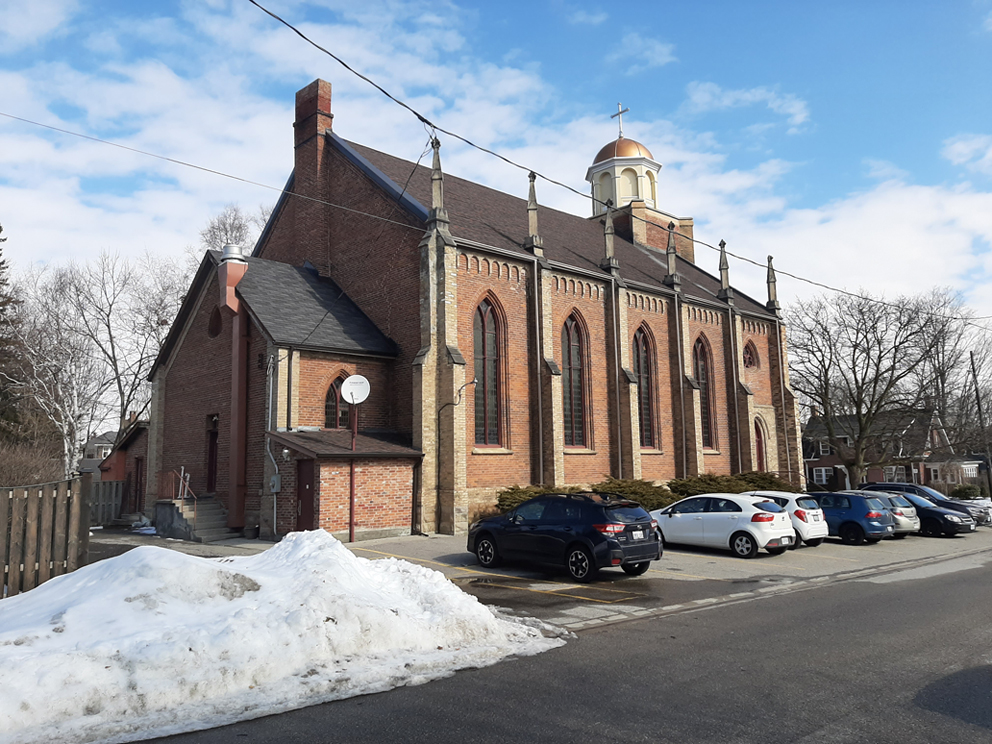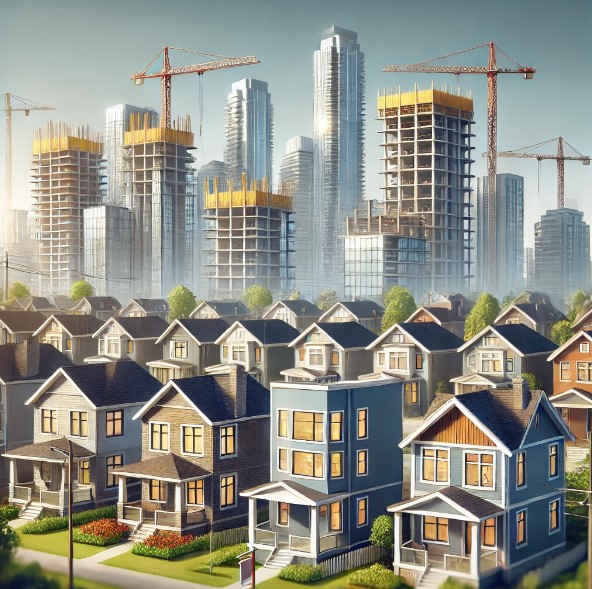
The latest Royal LePage House Price Survey paints an evolving picture of Canada’s housing market as it navigates through the tail-end of 2024. While the market experienced a slower summer, recent indicators show that growth may be on the horizon, particularly heading into 2025. Here’s a deeper dive into the key insights from the survey and what buyers, sellers, and investors can expect in the coming months.
A Modest Increase in Prices
According to the **Q3 2024 Royal LePage House Price Survey**, the national aggregate home price saw a modest increase of 1.6% year-over-year, bringing the average price to **$815,500**. However, when compared to the second quarter of 2024, there was a 1.1% decrease. This minor fluctuation reflects the “sluggish” market activity that defined much of the summer.
Though the numbers might not seem remarkable, they indicate that prices are holding relatively steady despite broader economic challenges, such as elevated interest rates and inflationary pressures. **Phil Soper**, President and CEO of Royal LePage, commented on the pace of recovery, suggesting that while price growth was slower than expected, it’s likely that we will see greater movement as interest rates continue to ease.
Regional Variations: Some Markets Show More Resilience
One of the standout themes in the Royal LePage survey is the uneven nature of the recovery across different regions. In some cities, the housing market has bounced back quicker than others. For example, **Calgary** has been a leader in price growth, showing a 10.7% year-over-year increase in the fourth quarter of 2023. On the other hand, major markets like **Vancouver** and **Toronto** have lagged slightly, with only modest year-over-year gains of 2.7% and 5.1%, respectively.
Interestingly, **Montreal** is also showing strong signs of recovery. The city is forecast to experience a 5% increase in home prices by the end of 2024, making it one of the more robust markets outside of the Prairies.
Factors Driving the Market: Interest Rates and Supply Shortages
Two major factors are shaping the current dynamics of Canada’s real estate market: **interest rates** and the ongoing **housing supply shortage**. Over the past year, high interest rates—peaking at 4.25%—have pushed many potential buyers to the sidelines. First-time buyers and small investors have been particularly sensitive to these higher borrowing costs, waiting for the right moment to enter the market.
However, recent changes to mortgage rules, such as the easing of stress tests and potential reductions in interest rates, are expected to bring more buyers back. For instance, **new mortgage regulations** announced by the Office of the Superintendent of Financial Institutions (OSFI) will make it easier for first-time buyers to secure longer-term mortgages and increase the cap on insured mortgages from $1 million to $1.5 million. These changes are predicted to boost market activity as early as the first quarter of 2025.
At the same time, Canada continues to struggle with a critical **lack of housing supply**. This shortage, exacerbated by population growth and immigration, remains a significant barrier to price stability. While government efforts to incentivize new housing developments are underway, these efforts have yet to materialize into sufficient new builds to meet demand.
Forecast for 2025: Price Growth Expected
Looking ahead, Royal LePage remains optimistic about the future of the housing market. The forecast for Q4 2024 suggests a **5.5% increase** in home prices year-over-year, with more robust growth anticipated in early 2025. Several factors support this optimism:
- Interest Rate Cuts: As interest rates are expected to decline further in 2025, buyers who have been hesitant due to high borrowing costs may feel more confident about entering the market.
- Pent-Up Demand: Many potential buyers, particularly those in high-demand urban areas, have been waiting for the right conditions to purchase. As economic conditions improve, this demand could unleash more buying activity, pushing prices higher.
- Increased Investor Activity: Small investors, especially those who purchase condominiums, are likely to re-enter the market as borrowing conditions improve and the rental market remains strong.
Final Thoughts
While the Canadian housing market has been sluggish in recent months, the fundamentals suggest that better times are ahead. Easing interest rates, pent-up demand, and ongoing supply challenges are expected to drive price growth in the coming year. For both buyers and sellers, it will be crucial to monitor how the market evolves, especially as we enter the first quarter of 2025.
This slow yet steady recovery may offer opportunities for first-time buyers who have been waiting for better conditions, while investors and move-up buyers could benefit from more favorable financing options. The Canadian housing market may not yet be out of the woods, but it’s certainly on the path to recovery.
